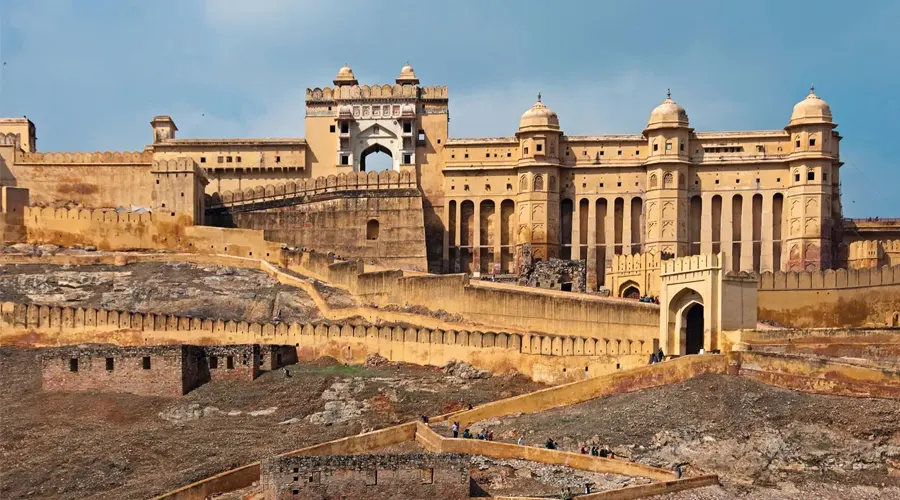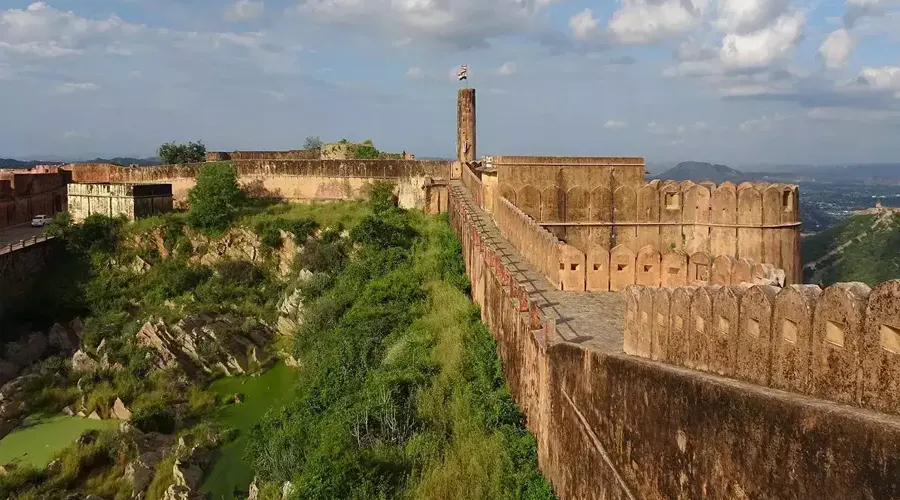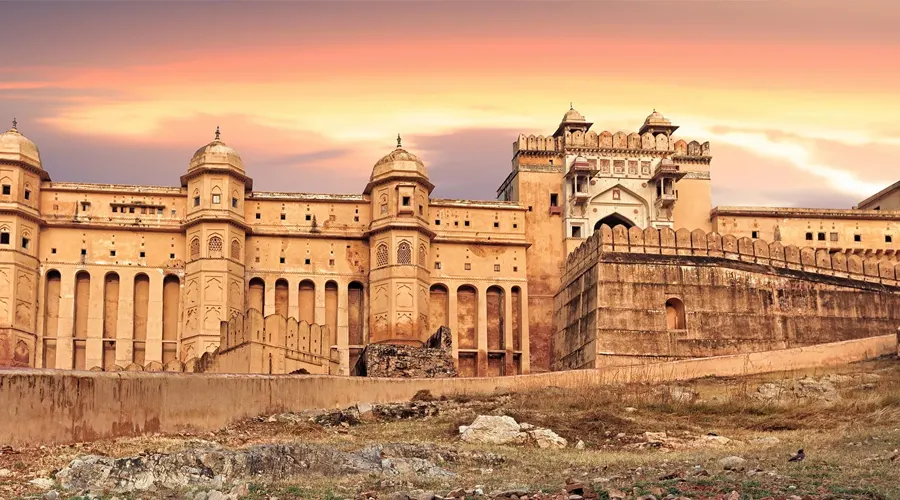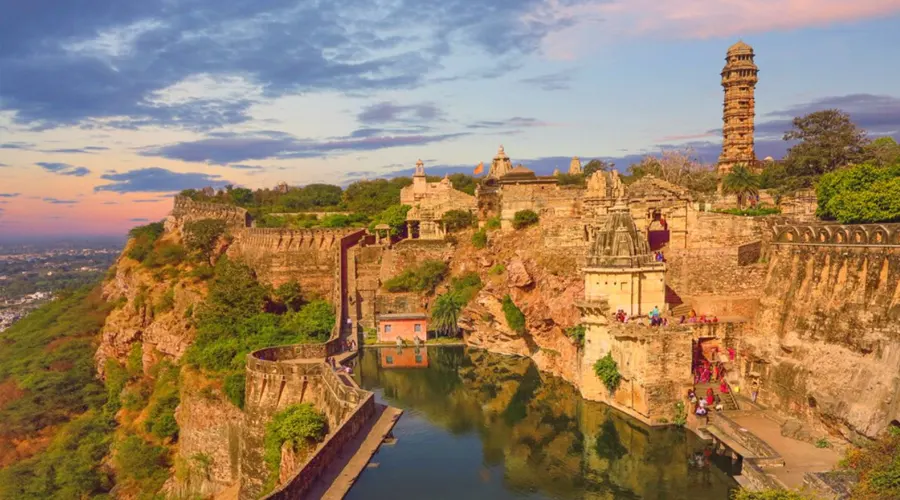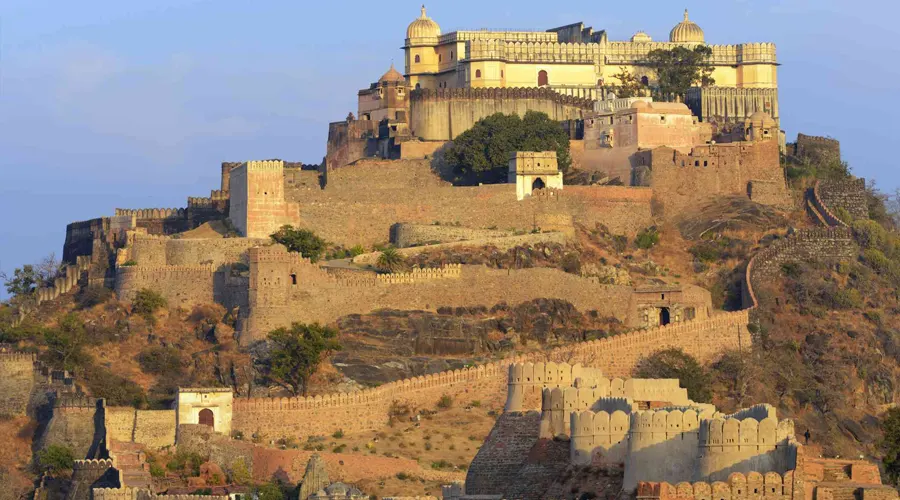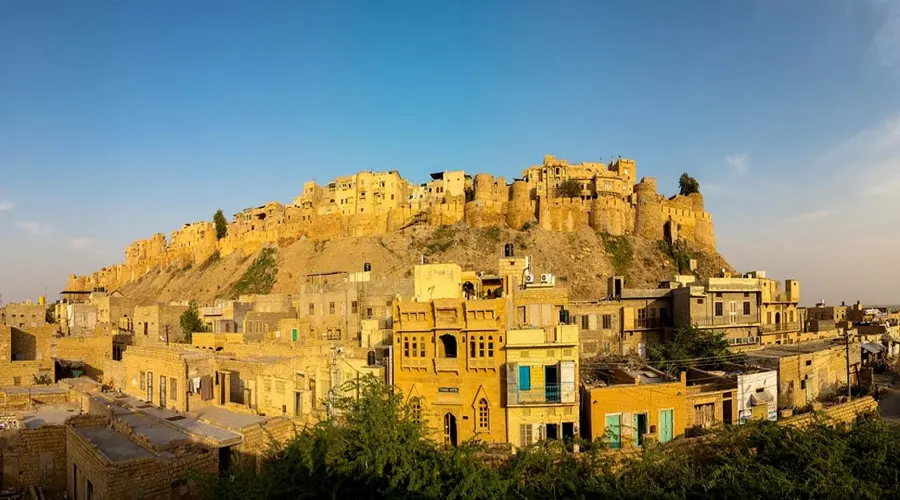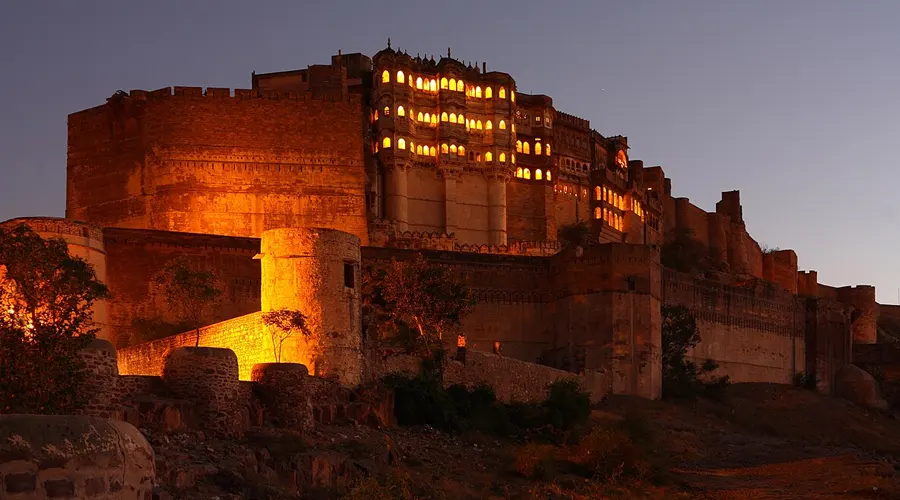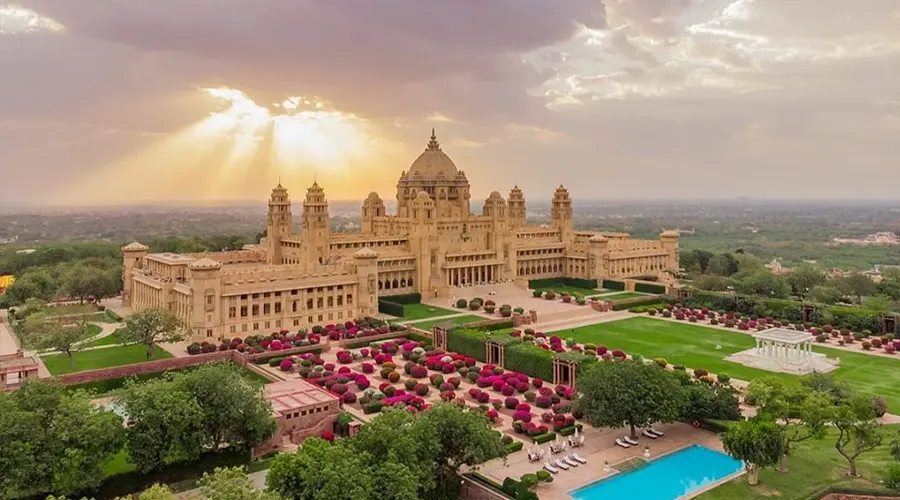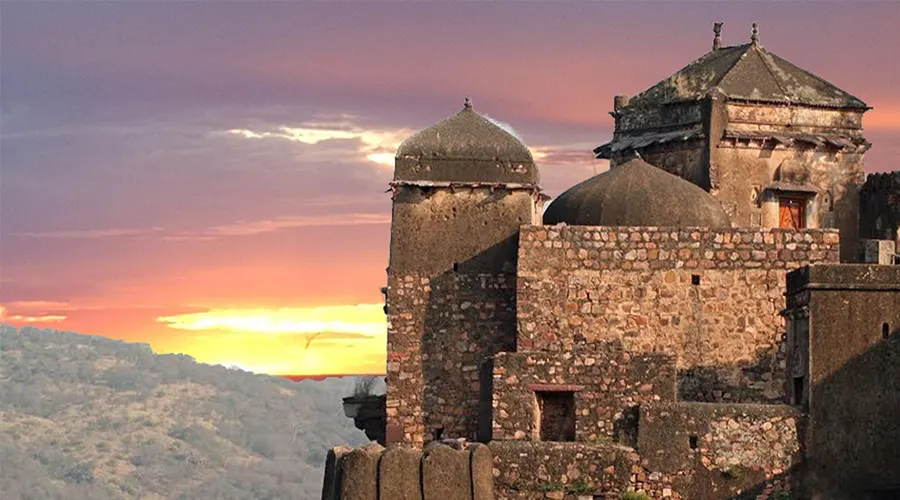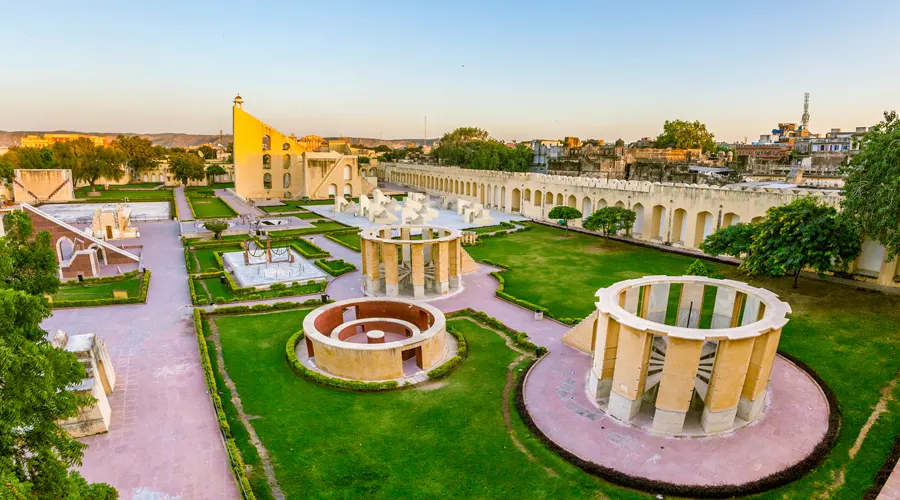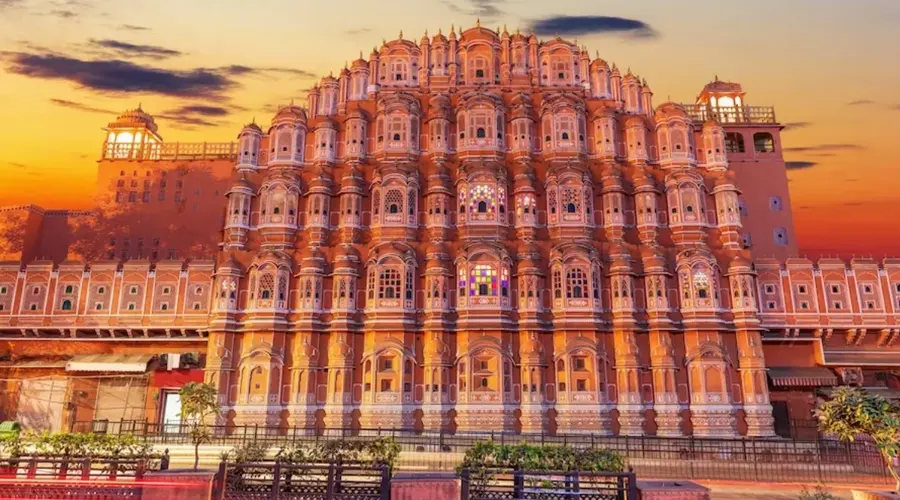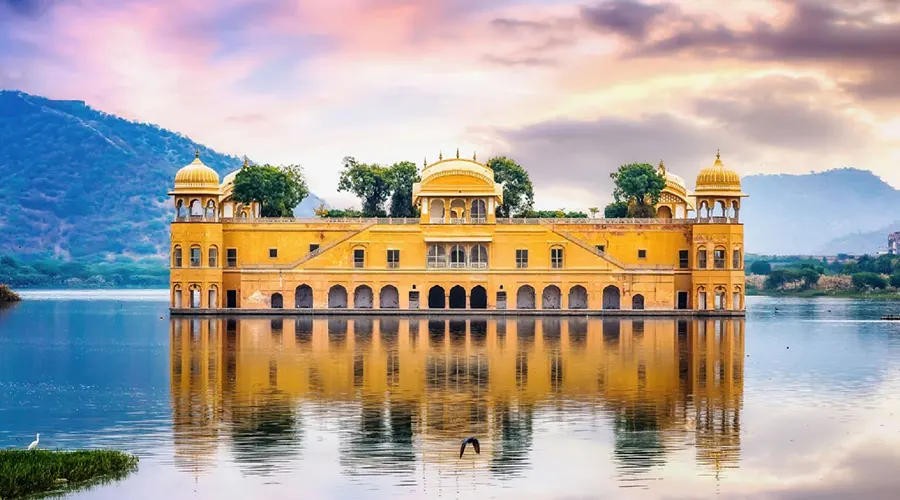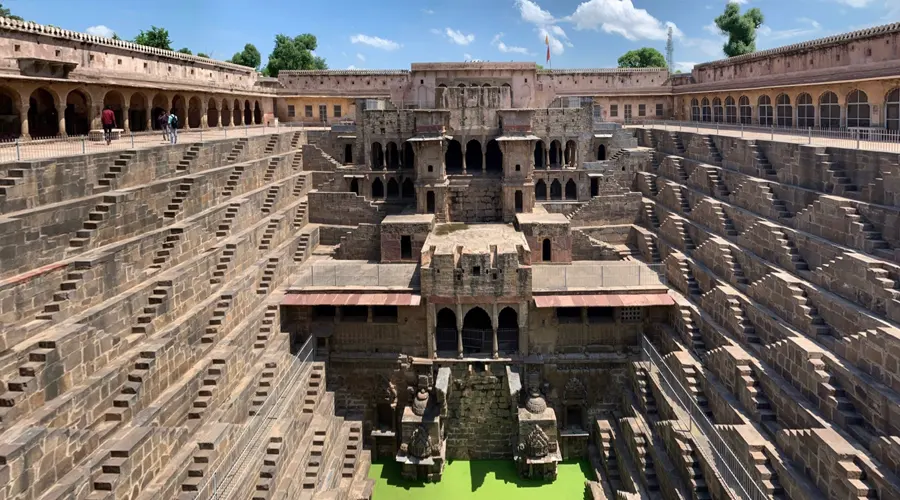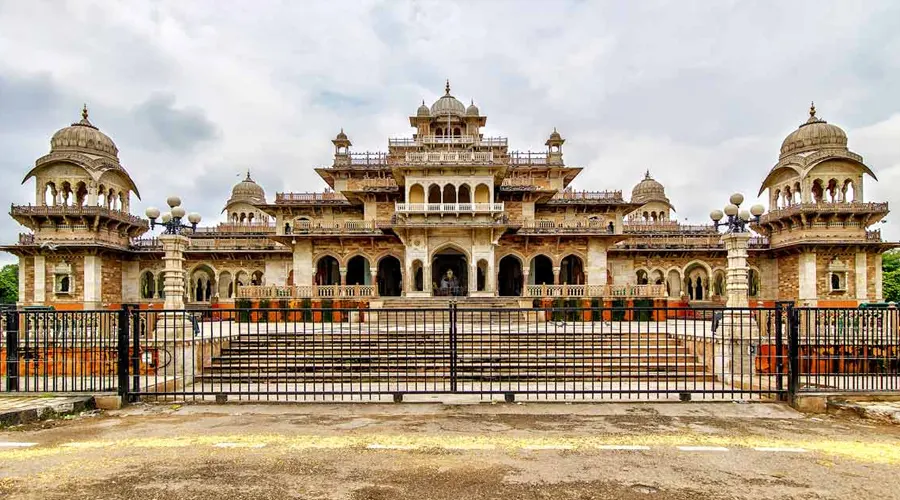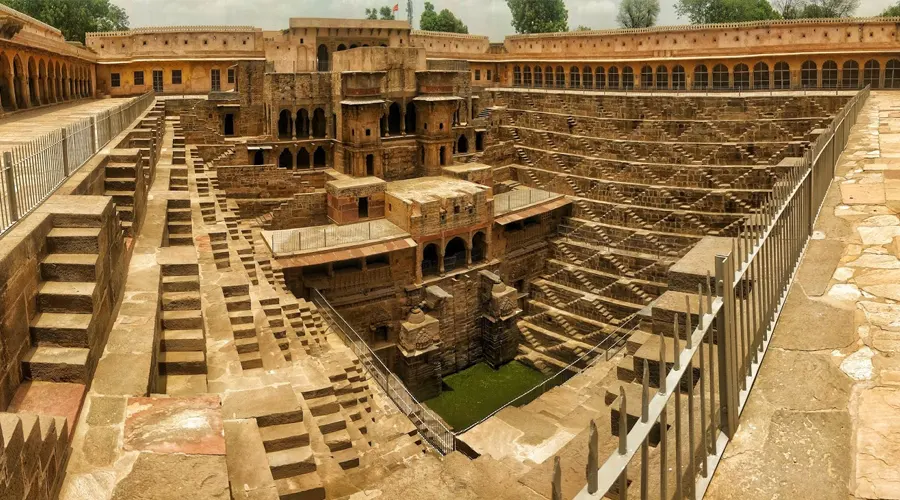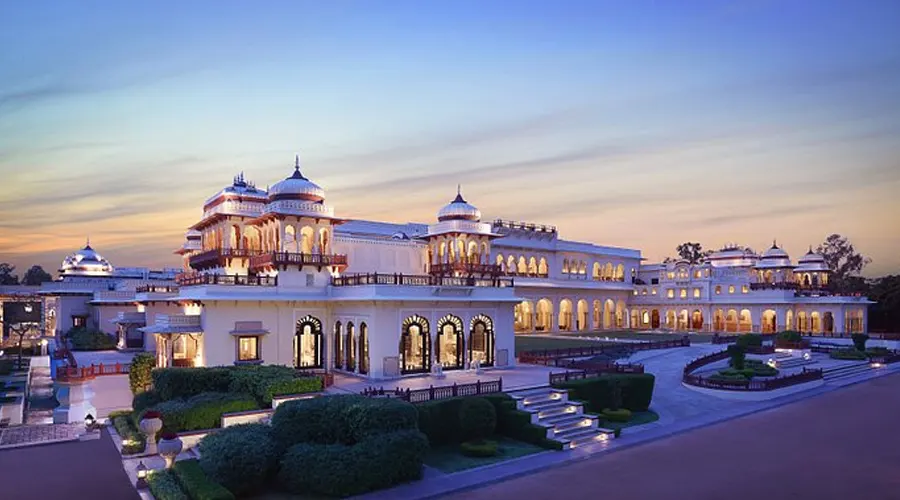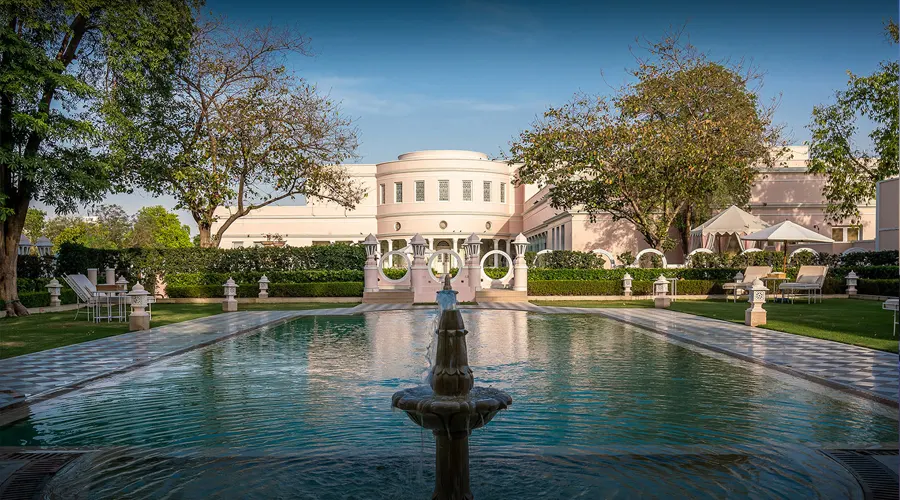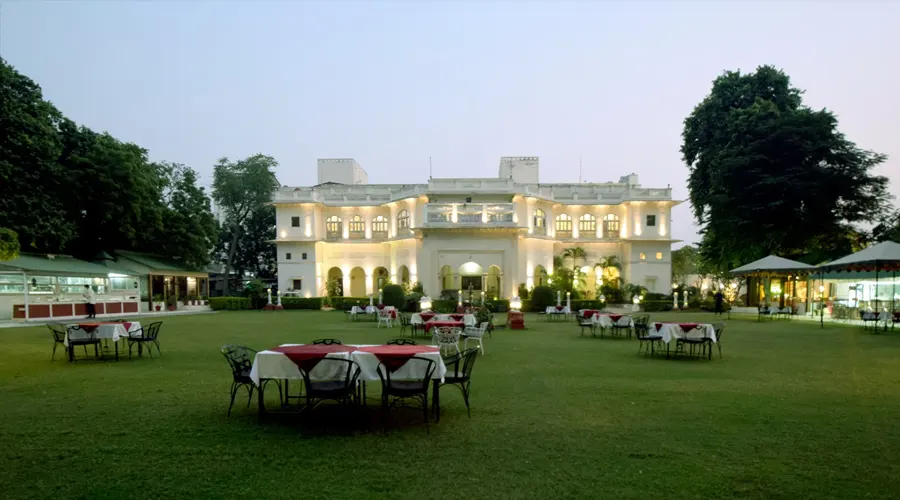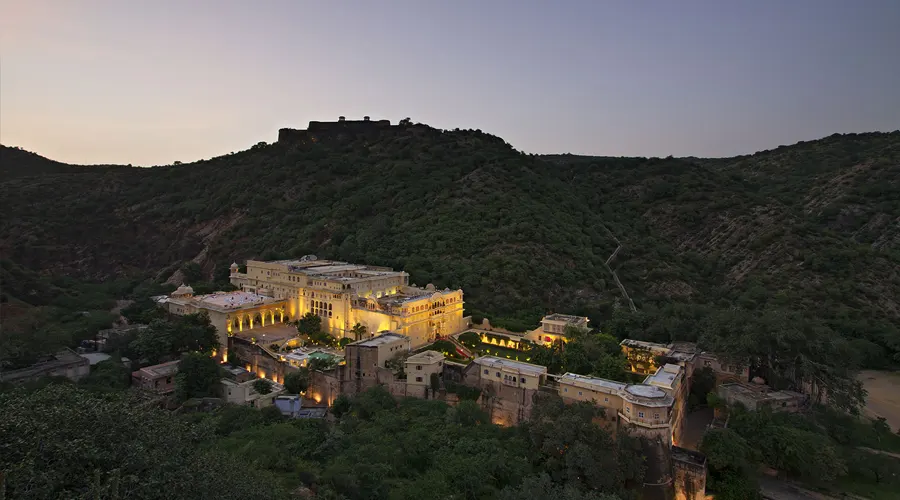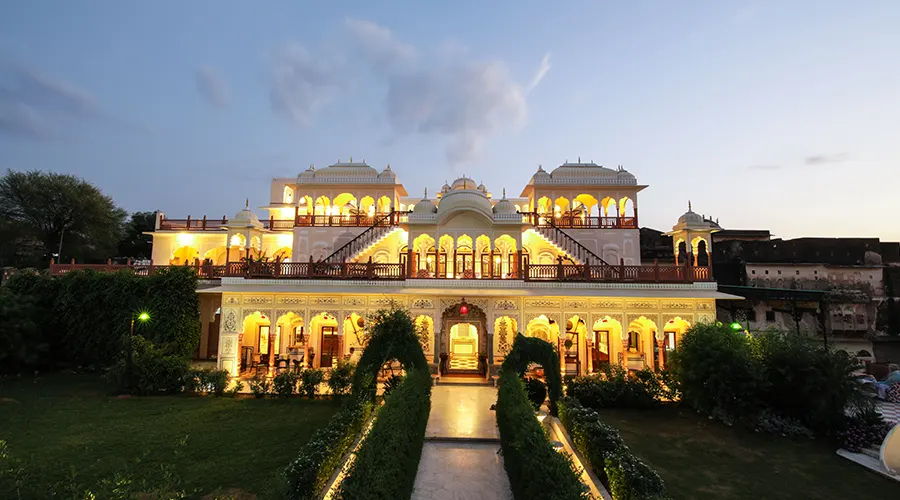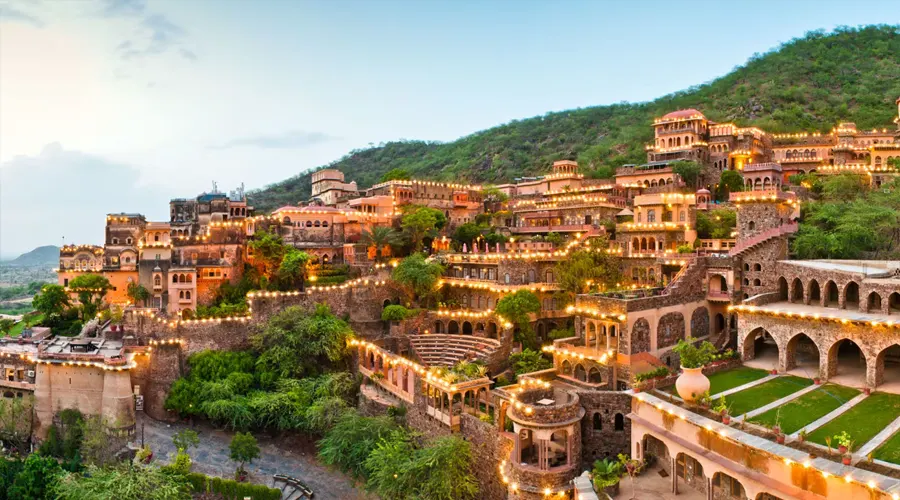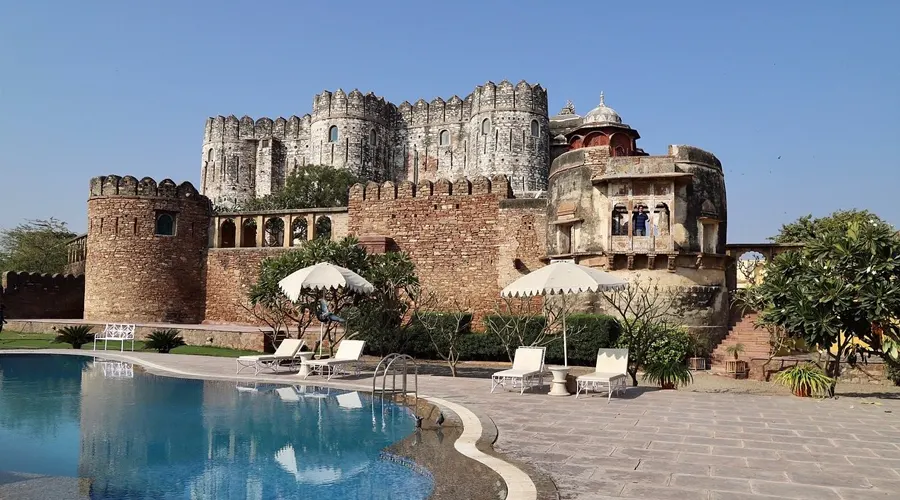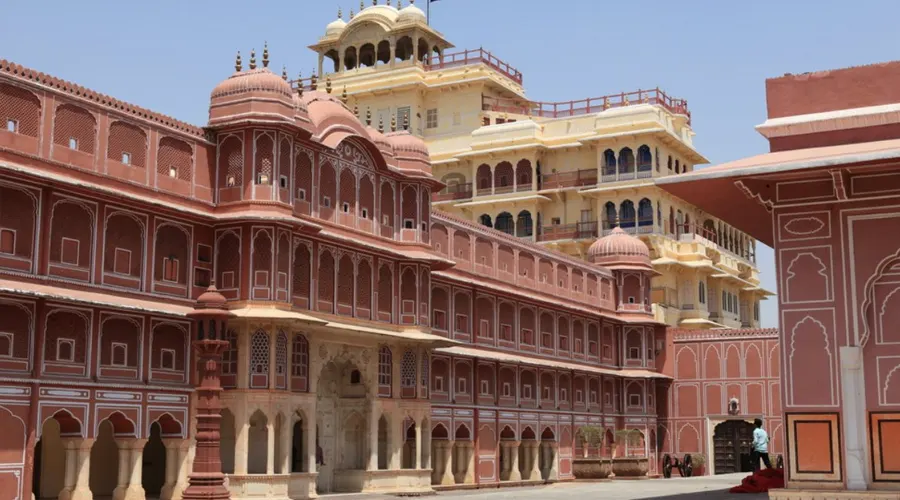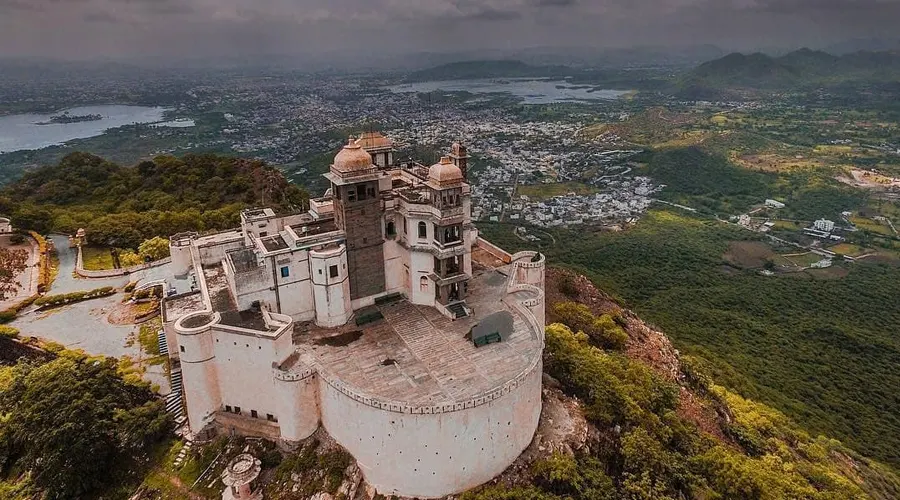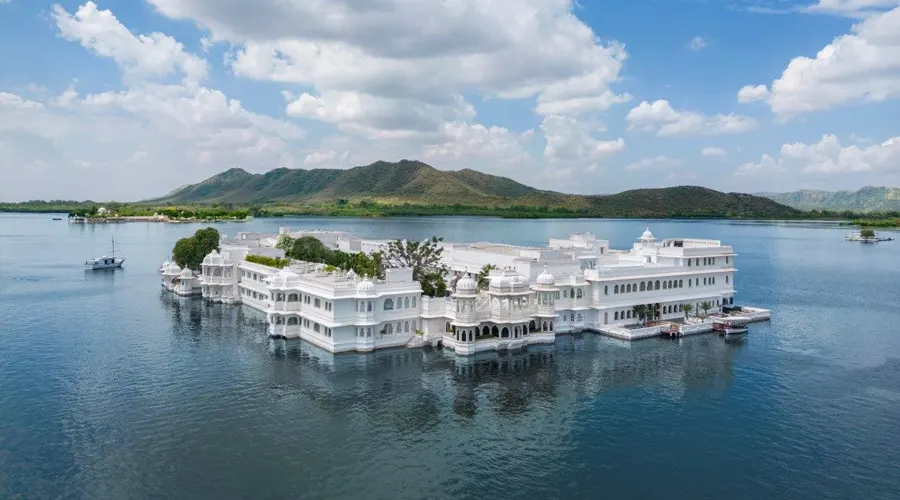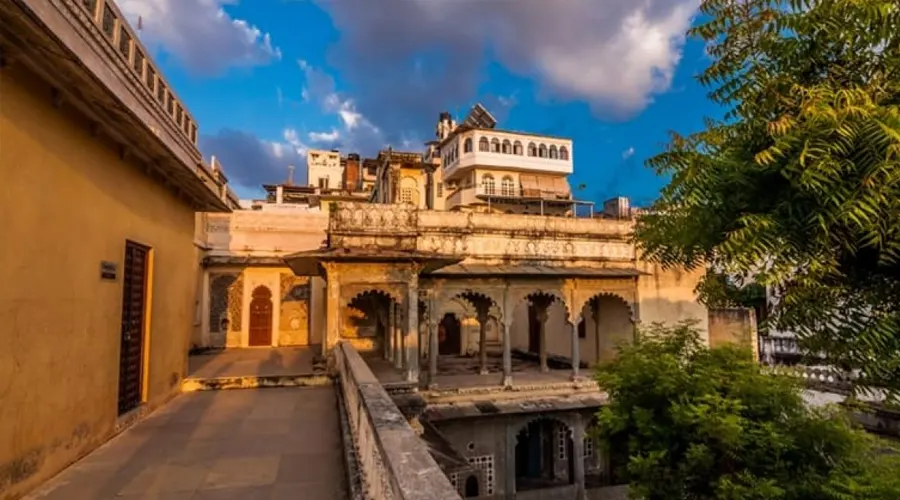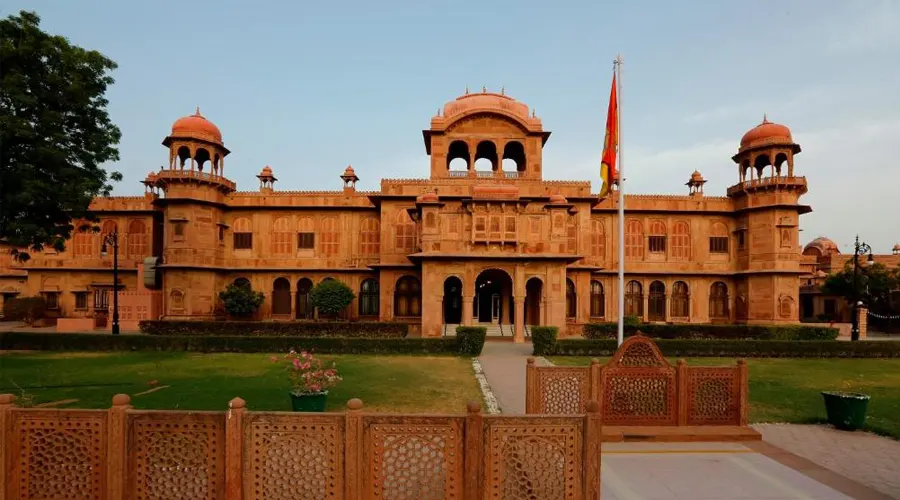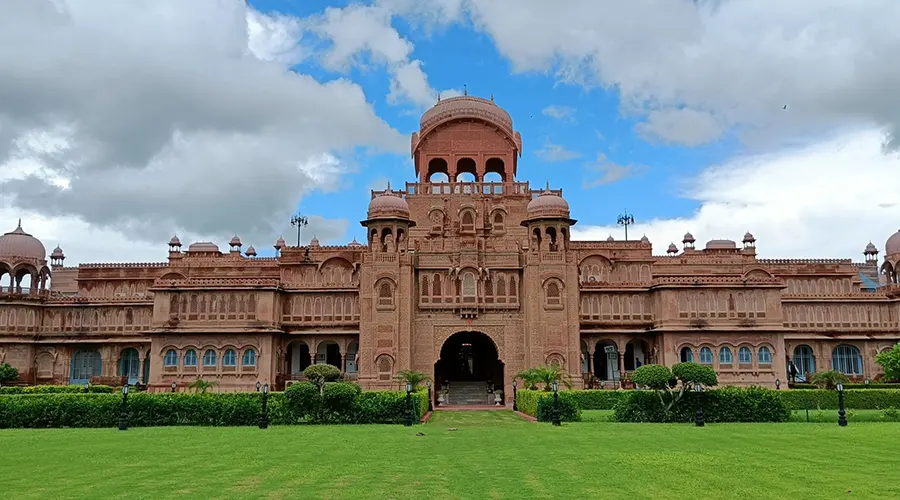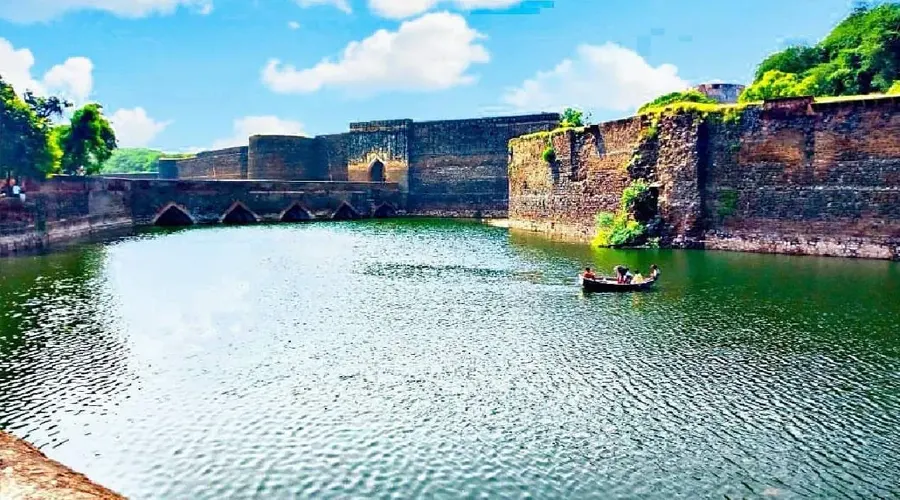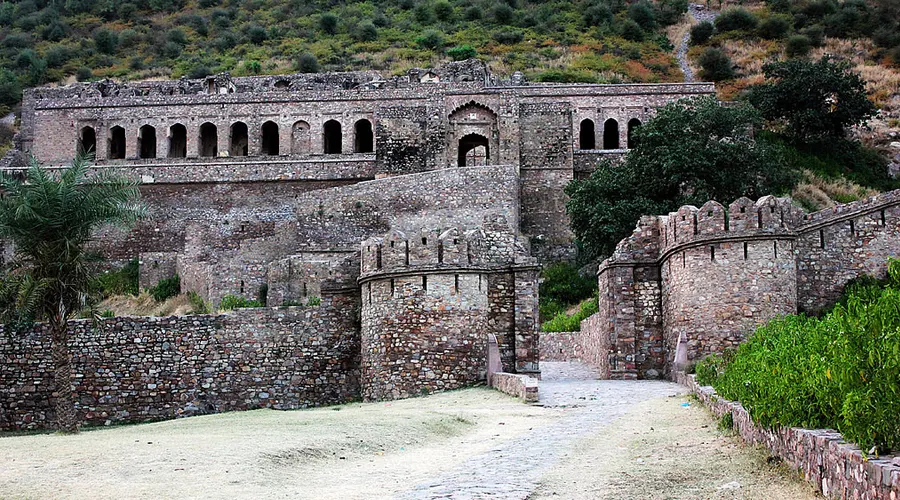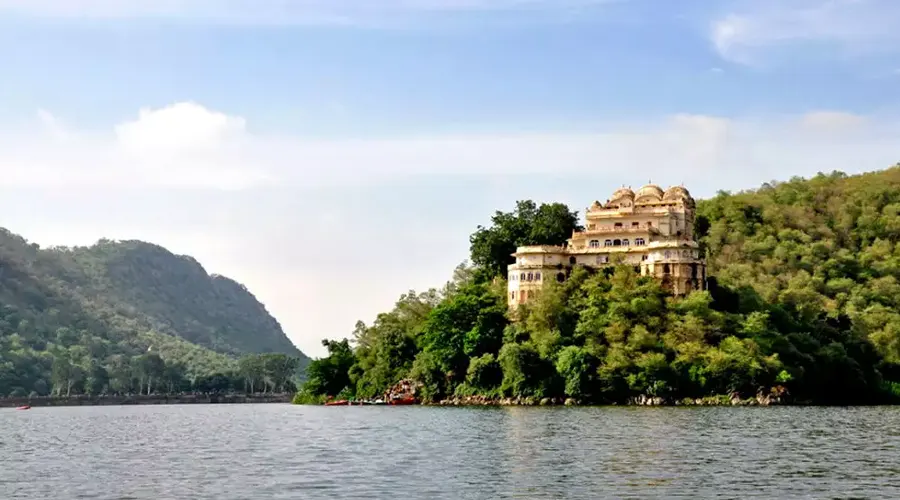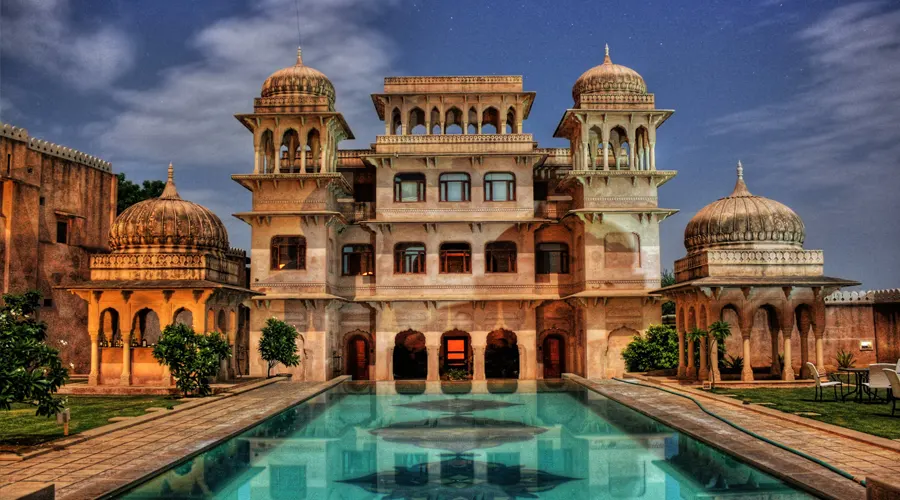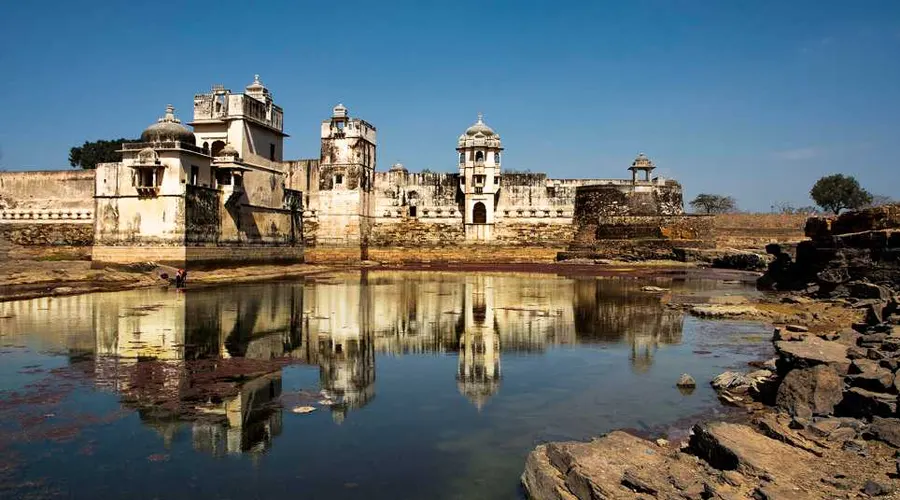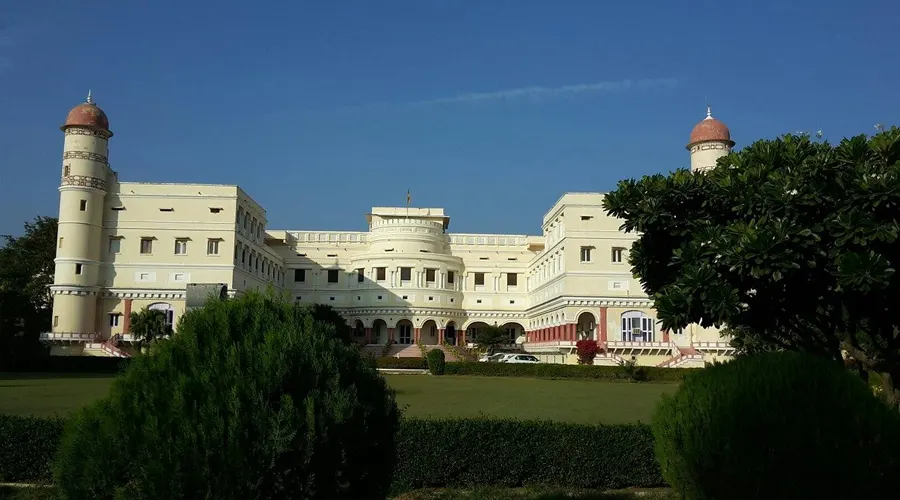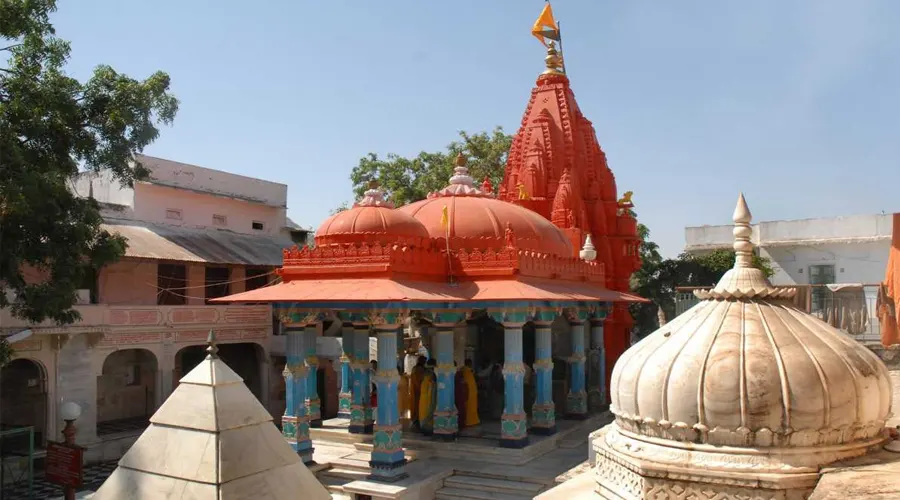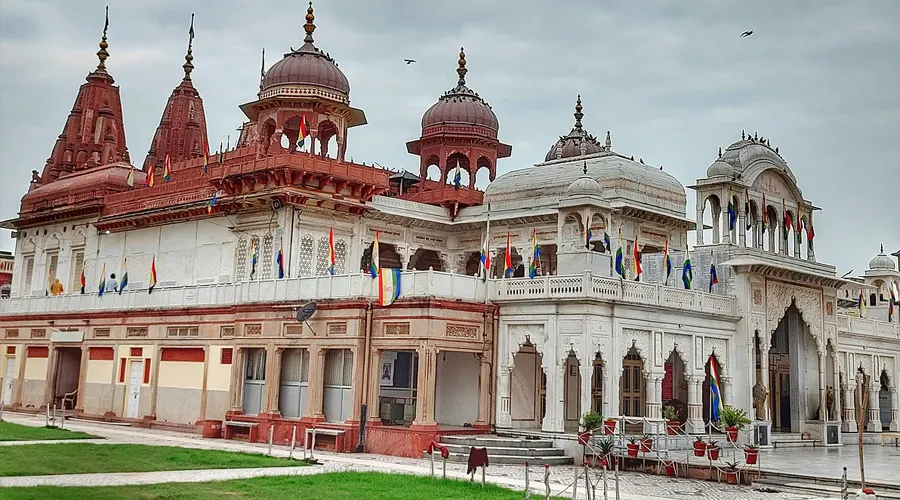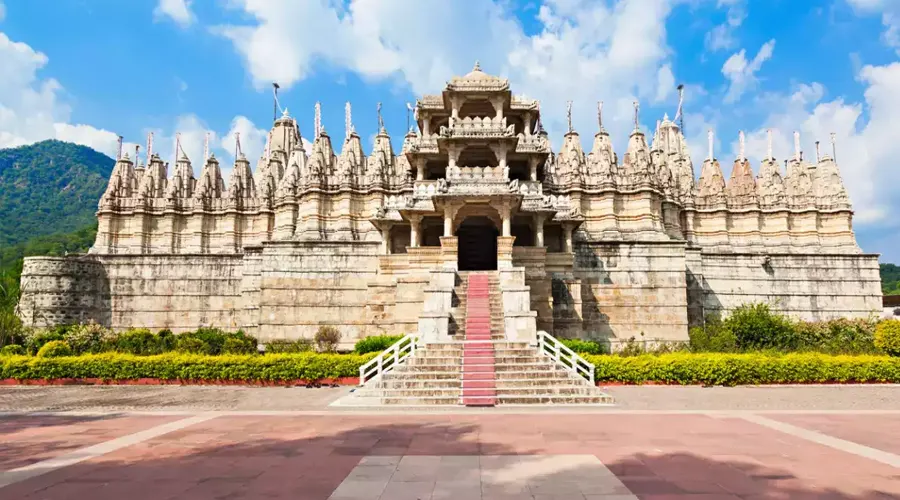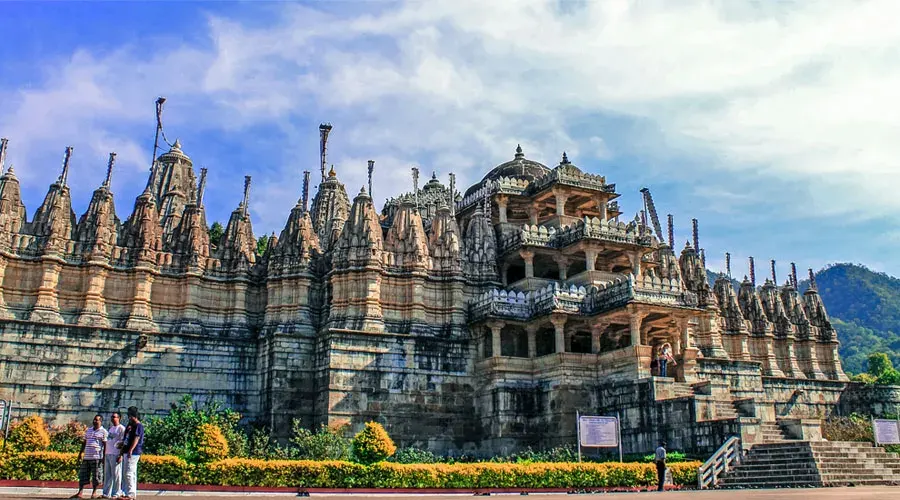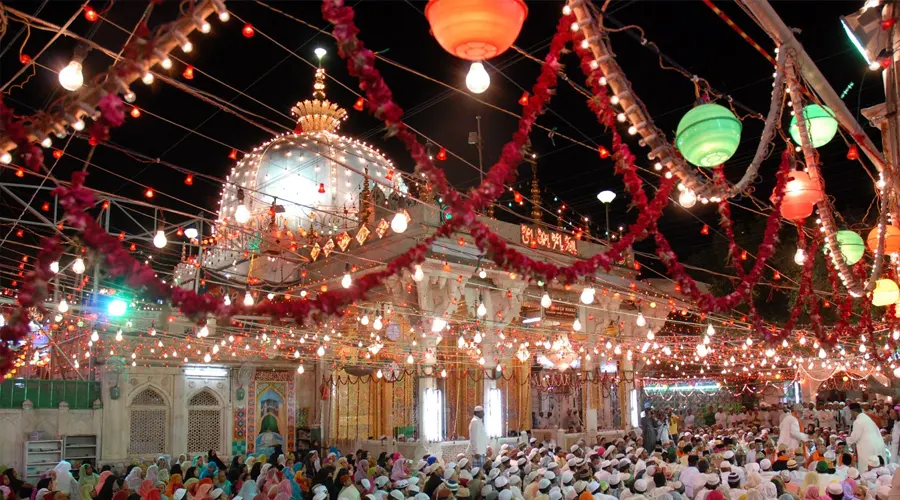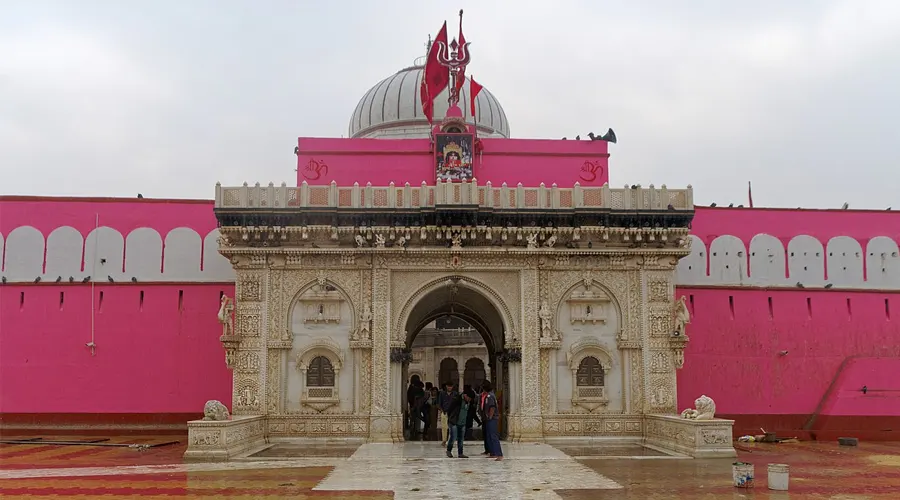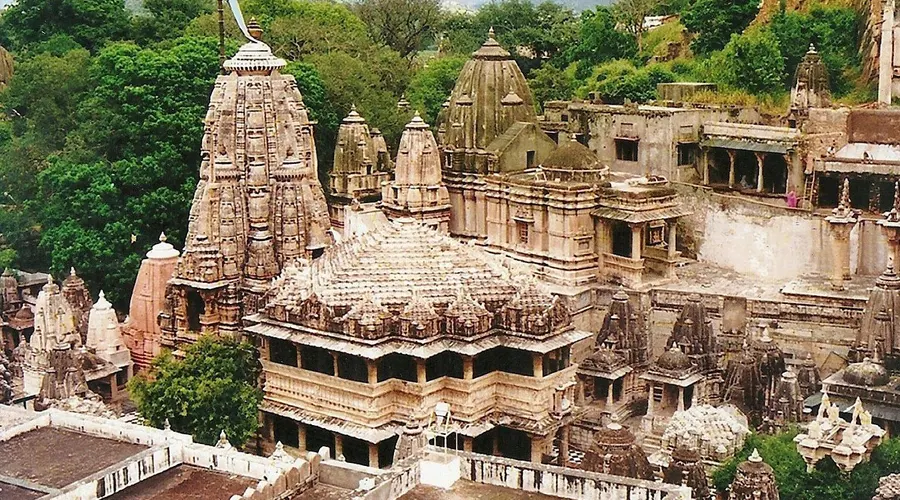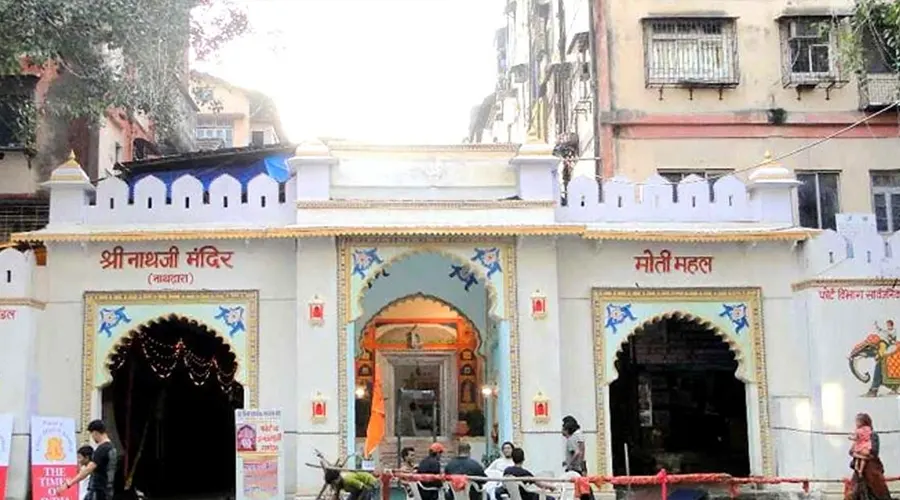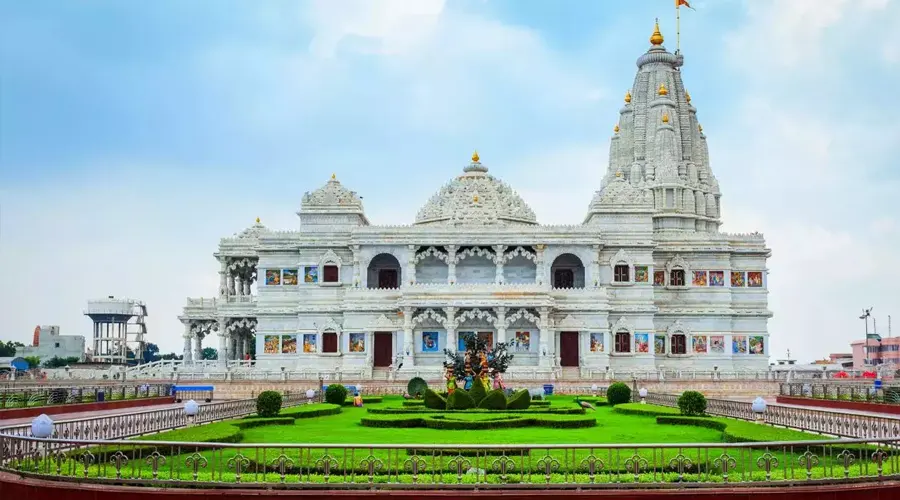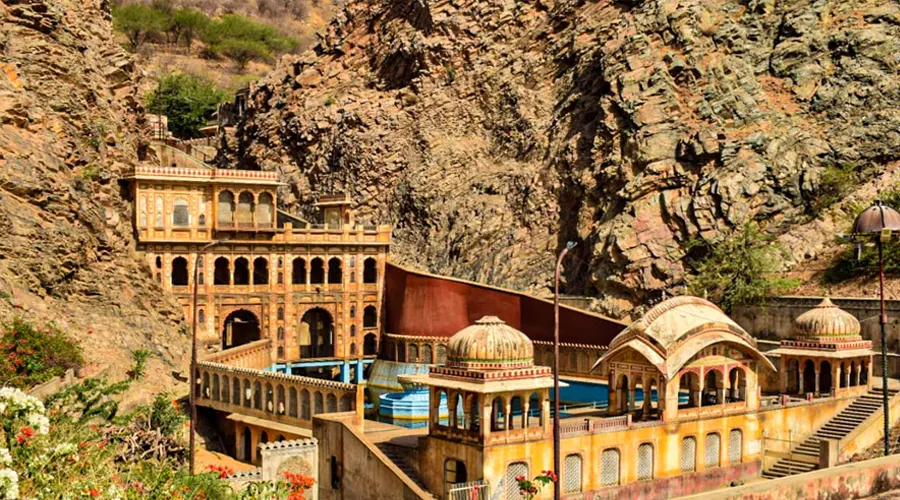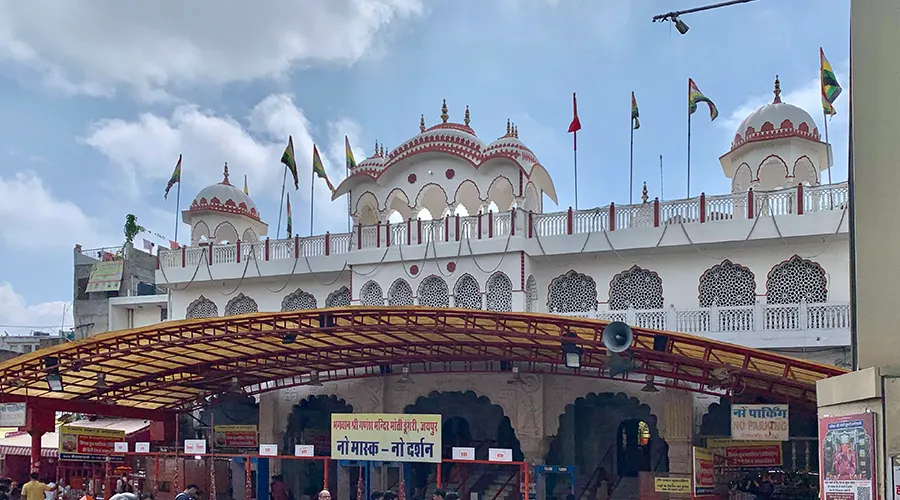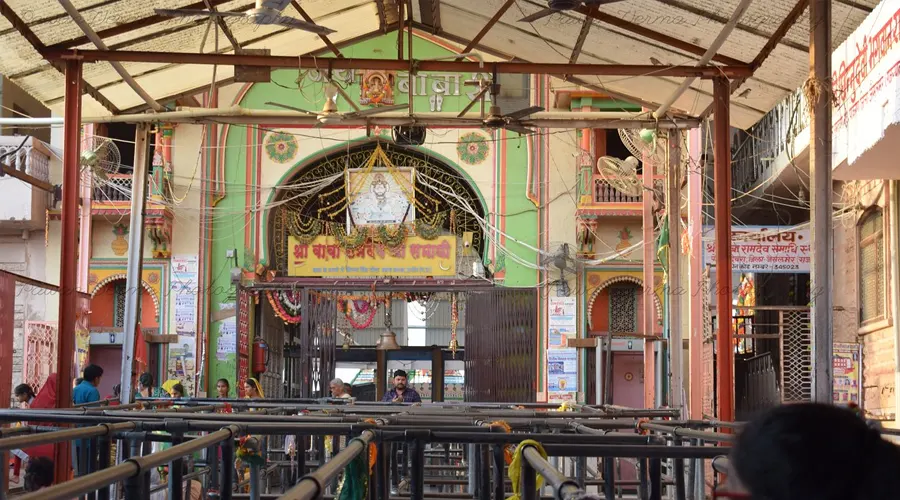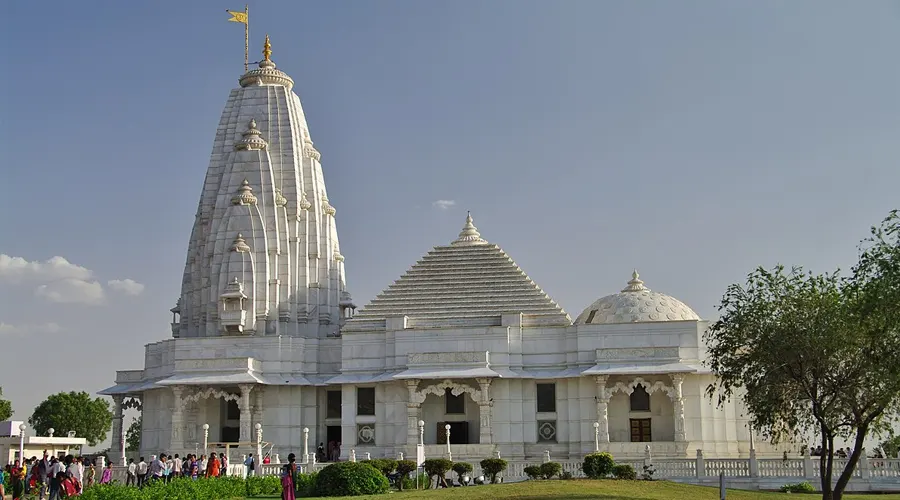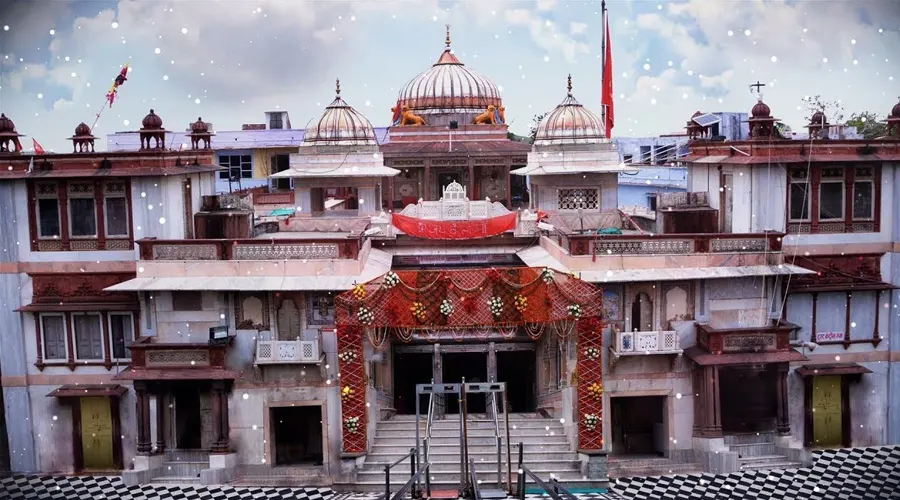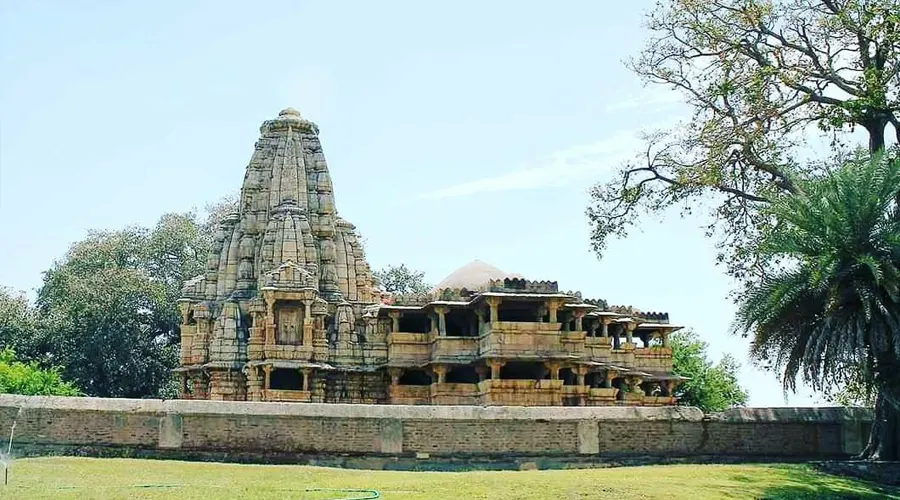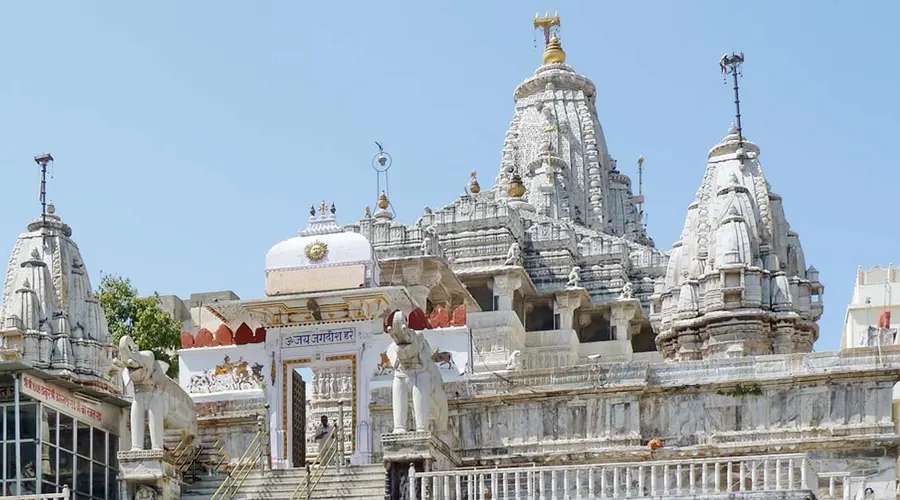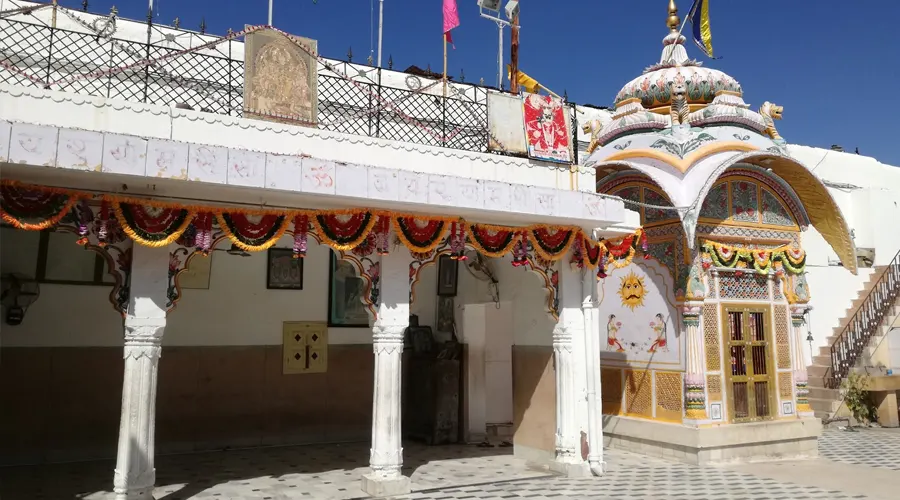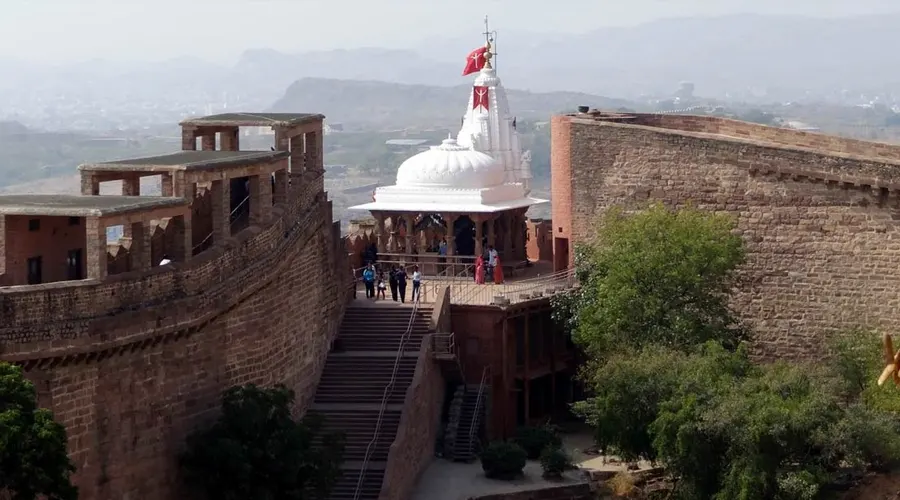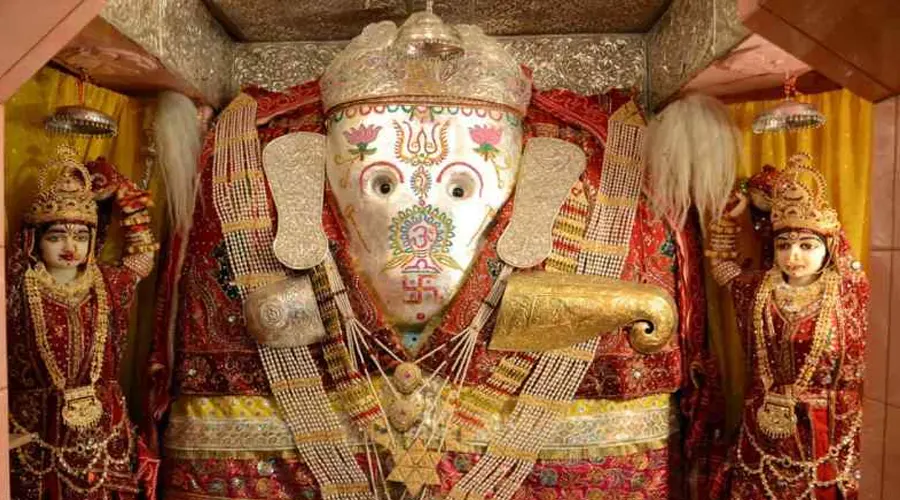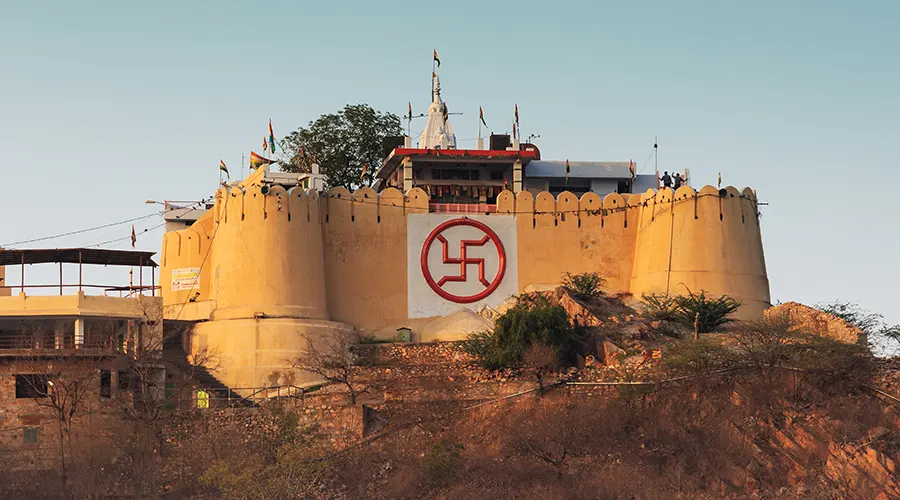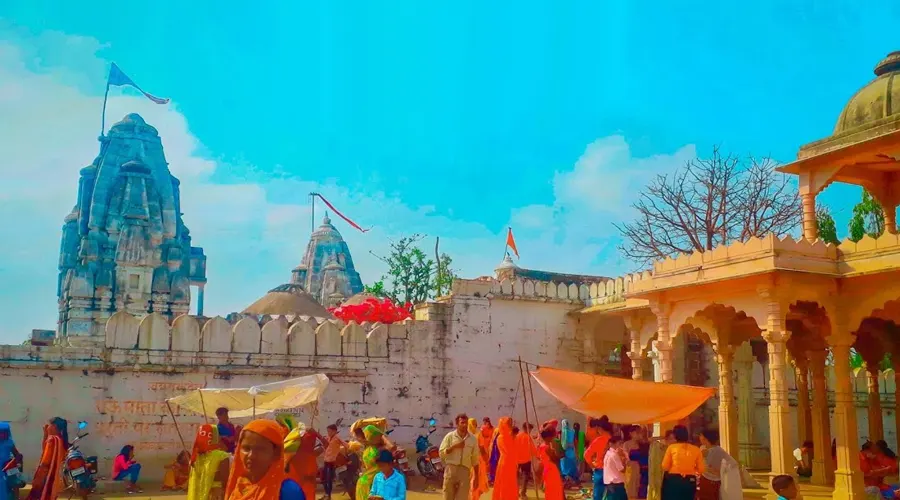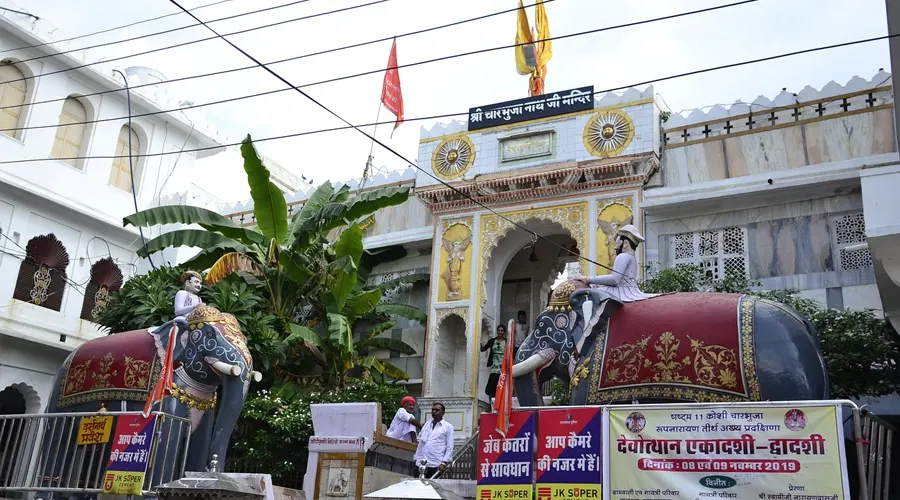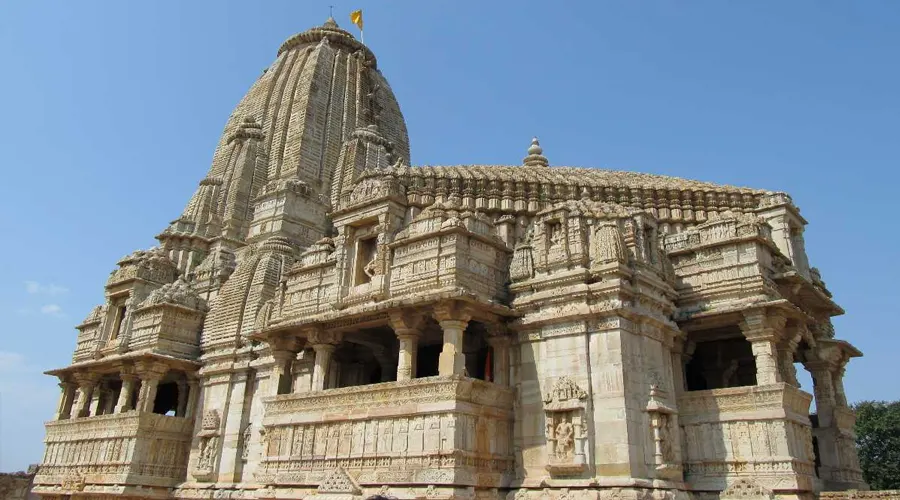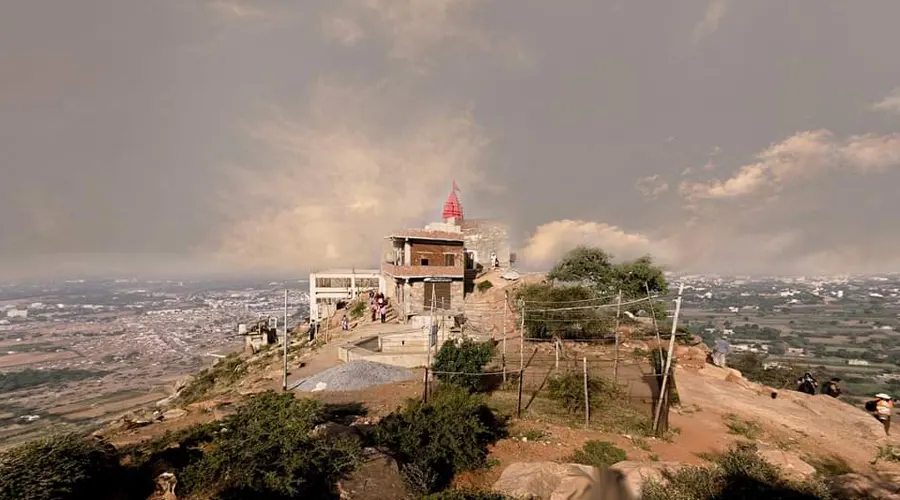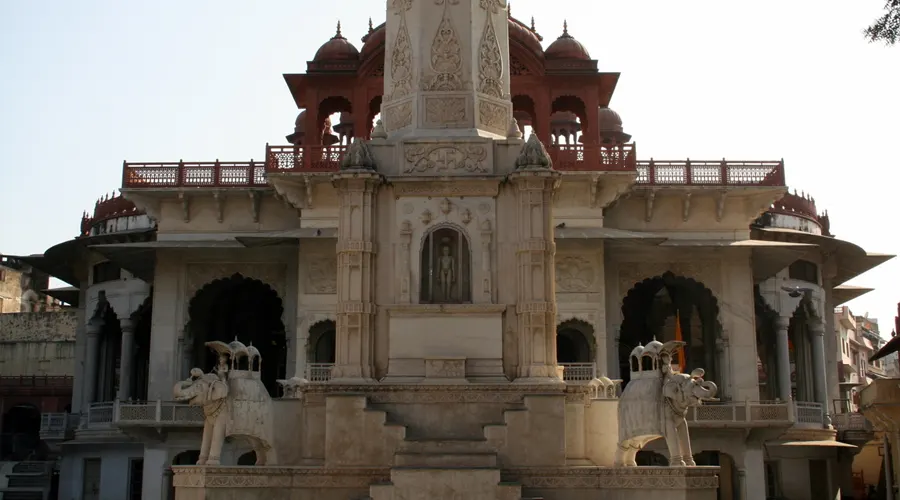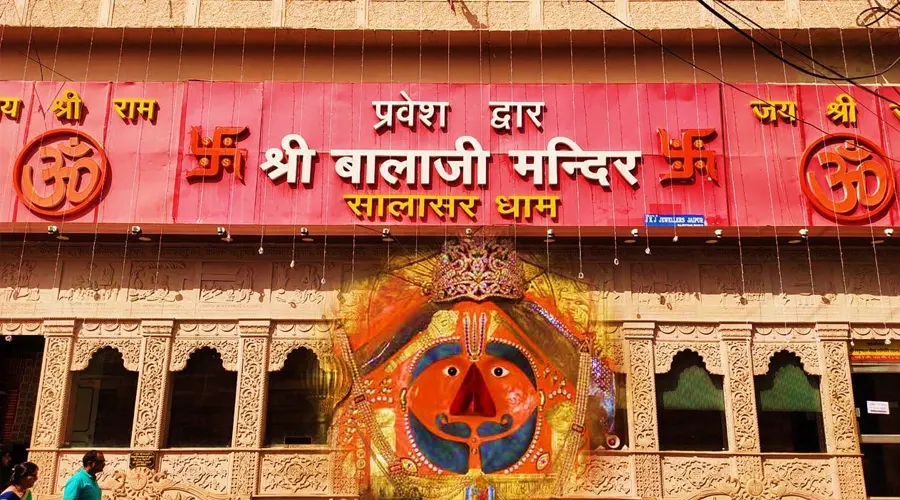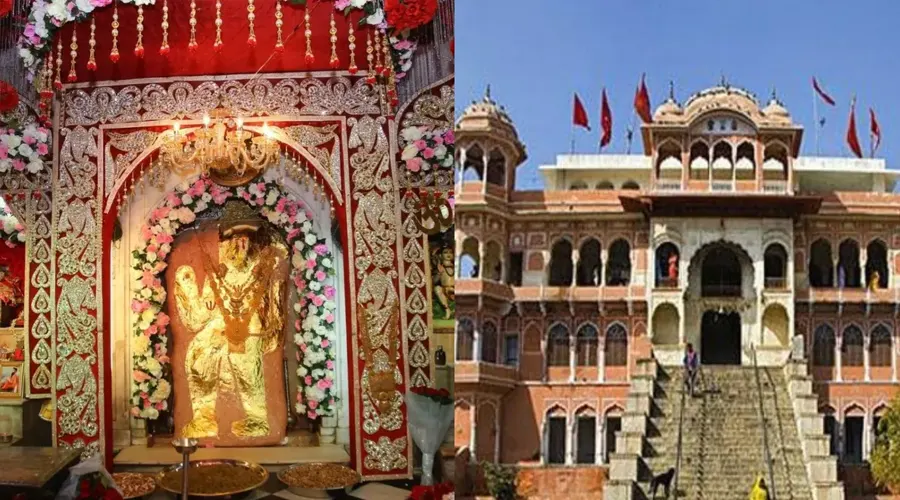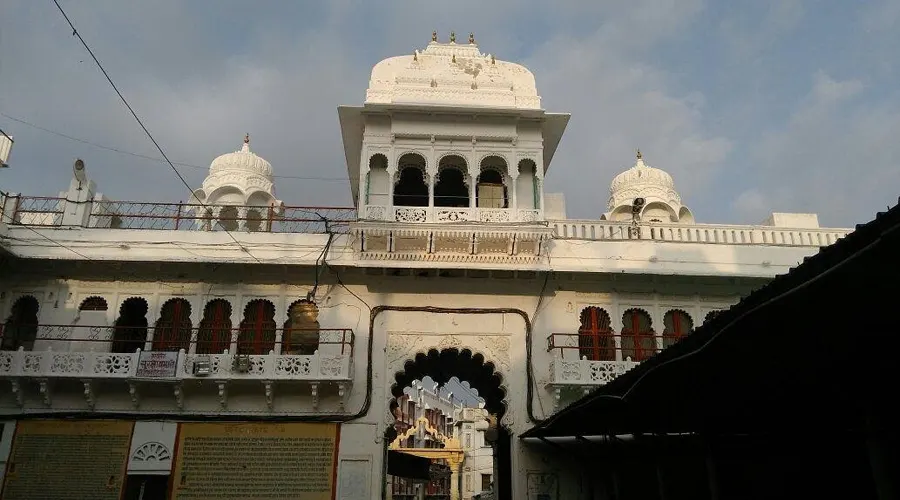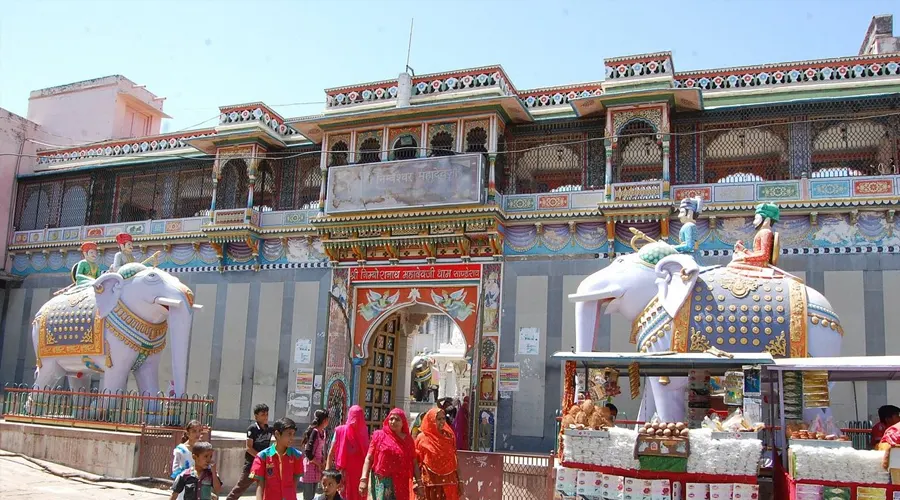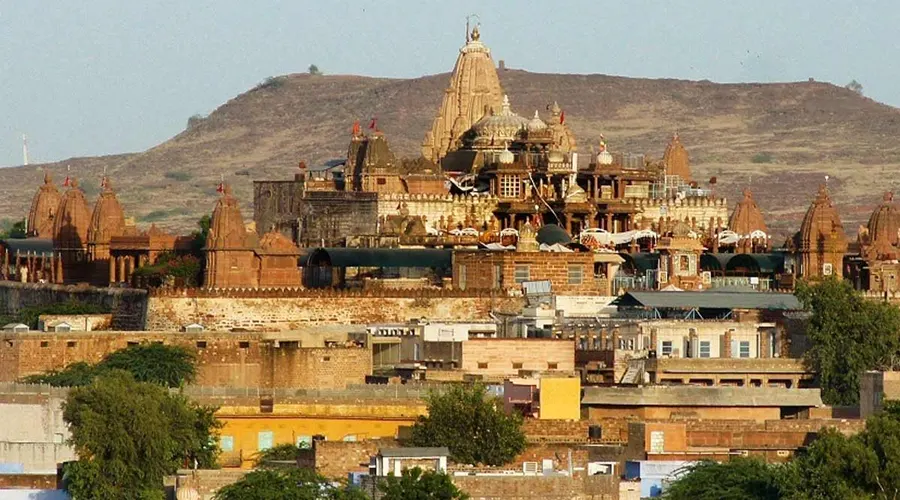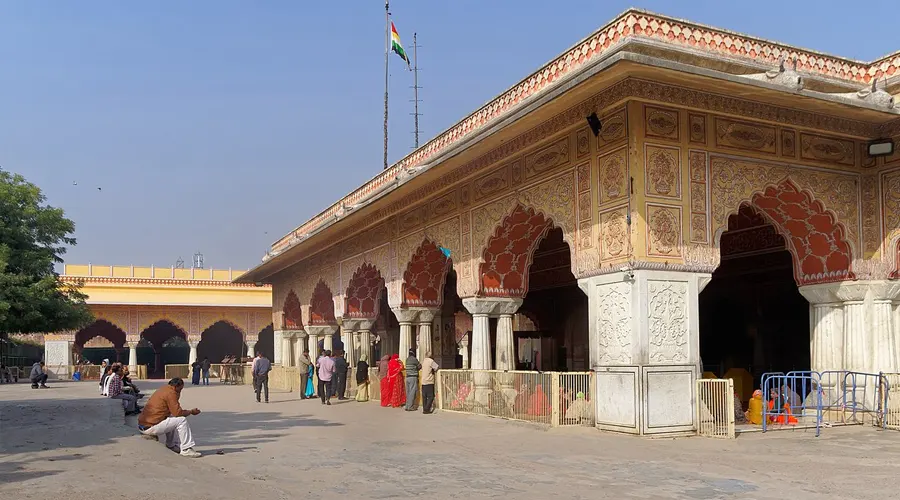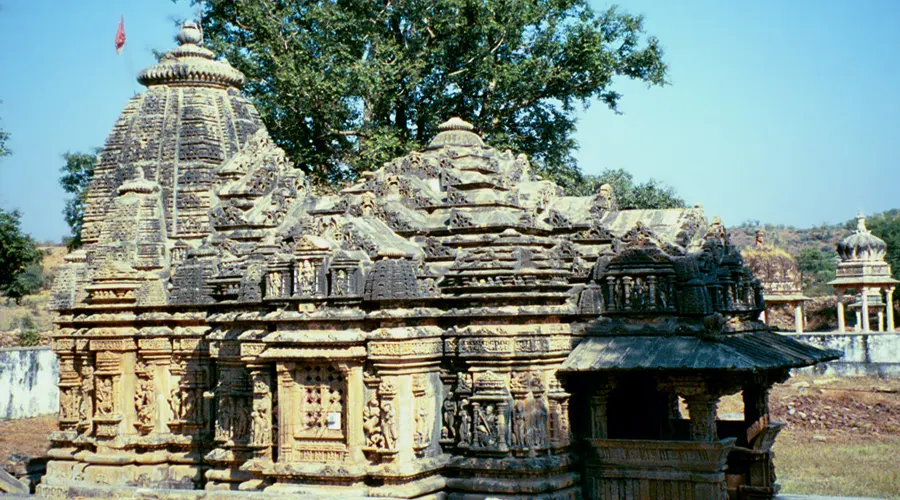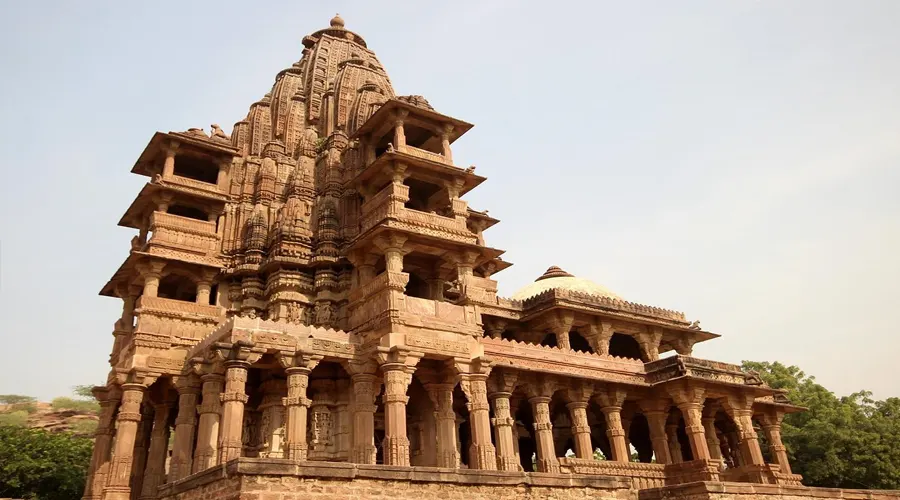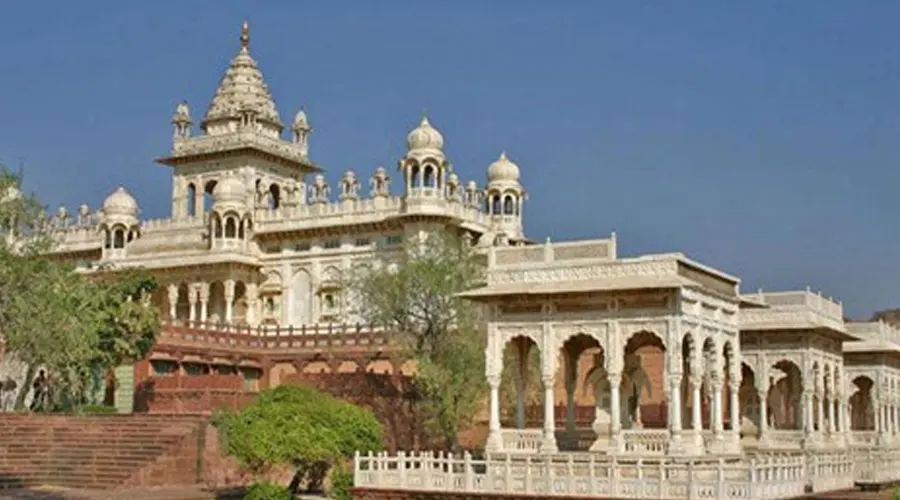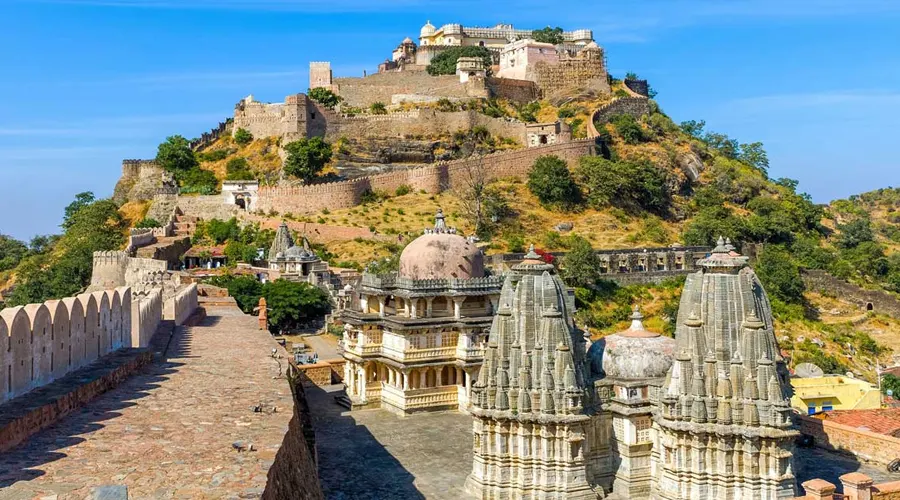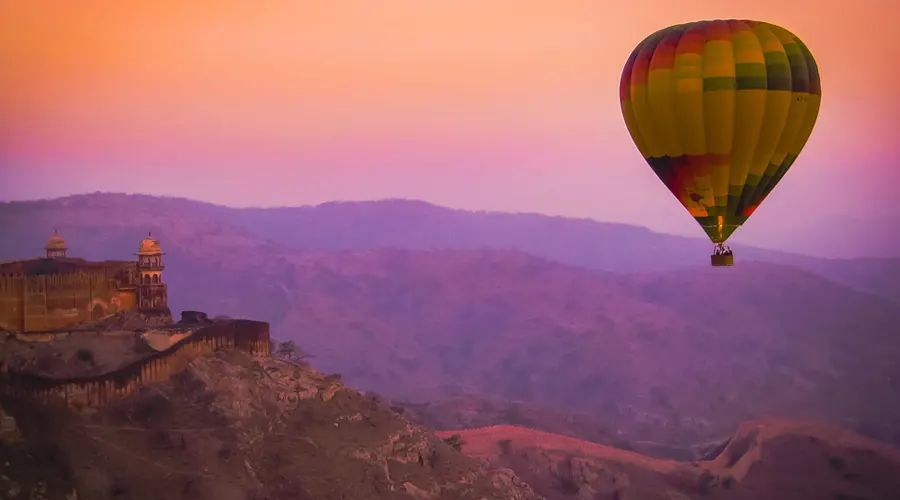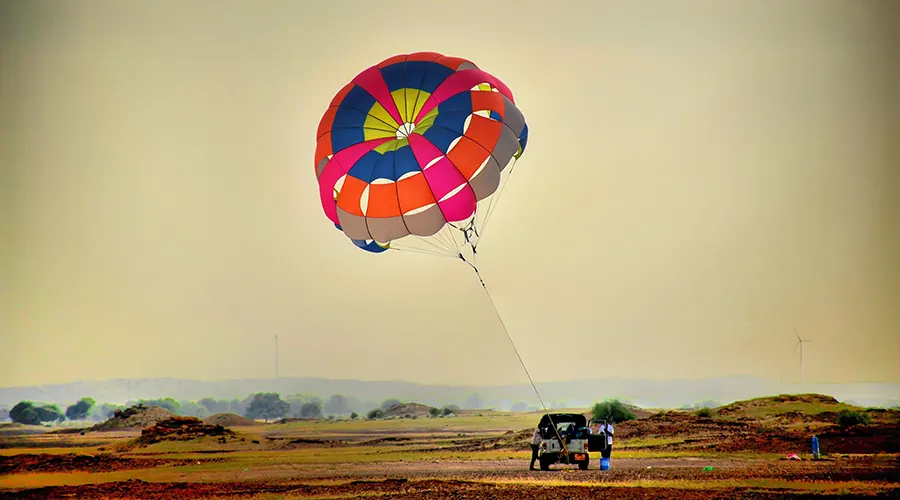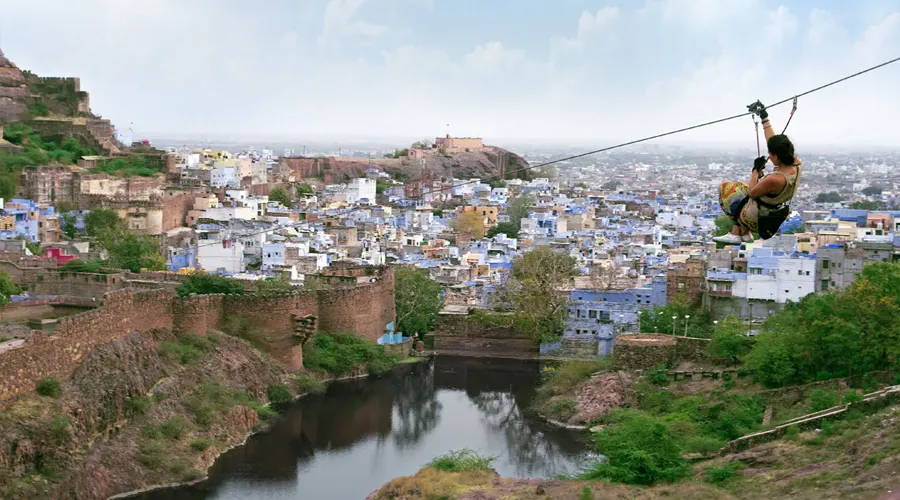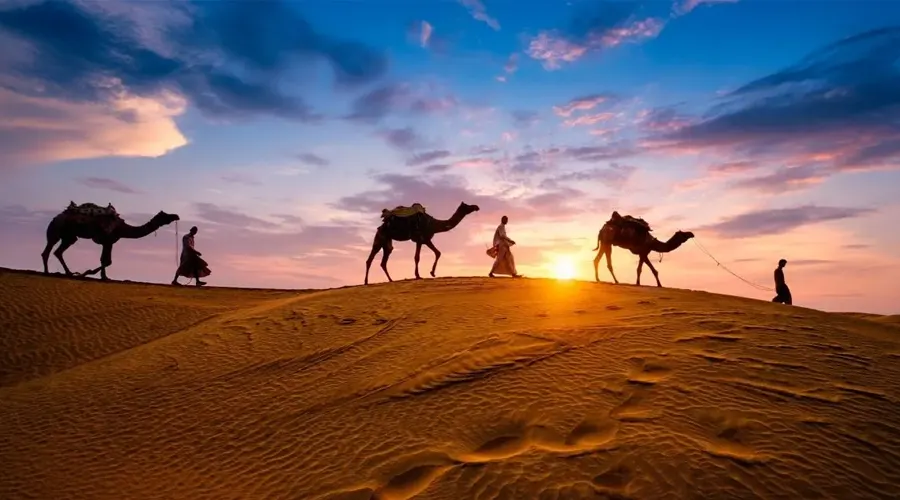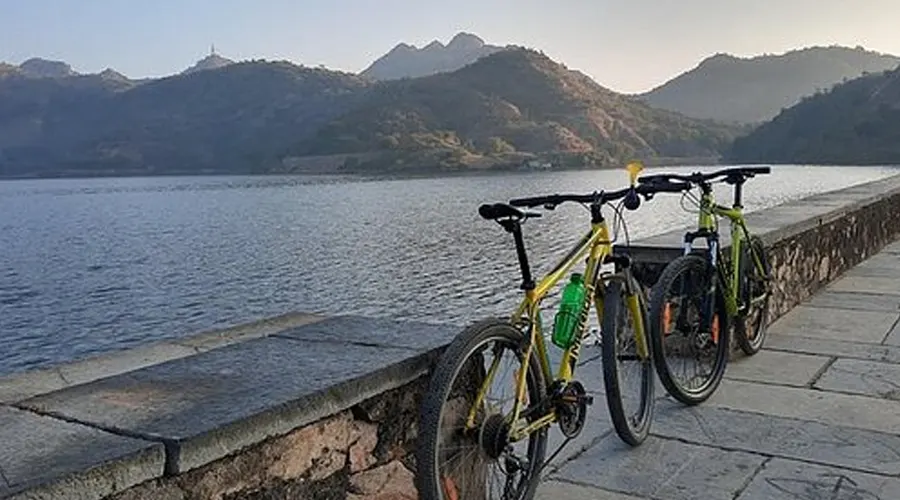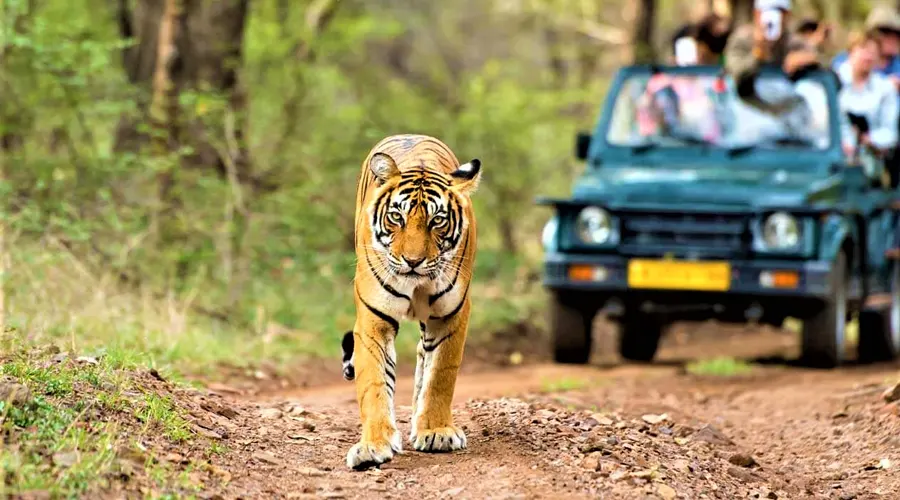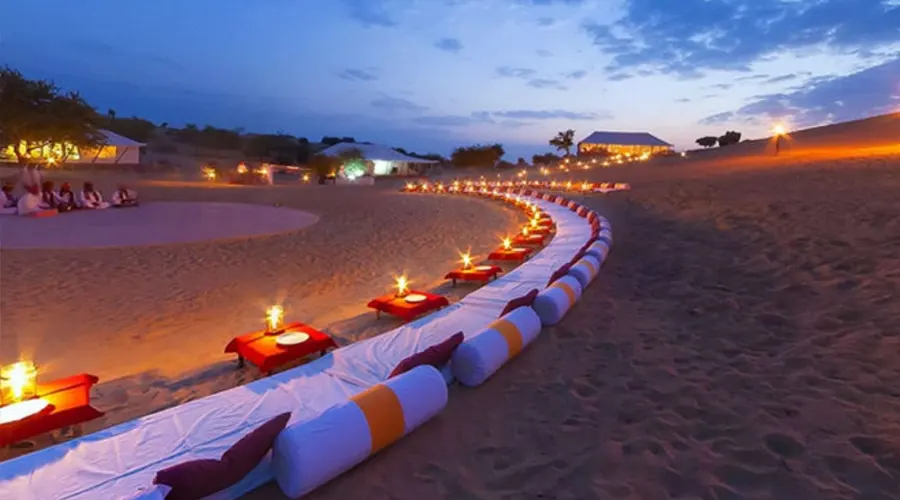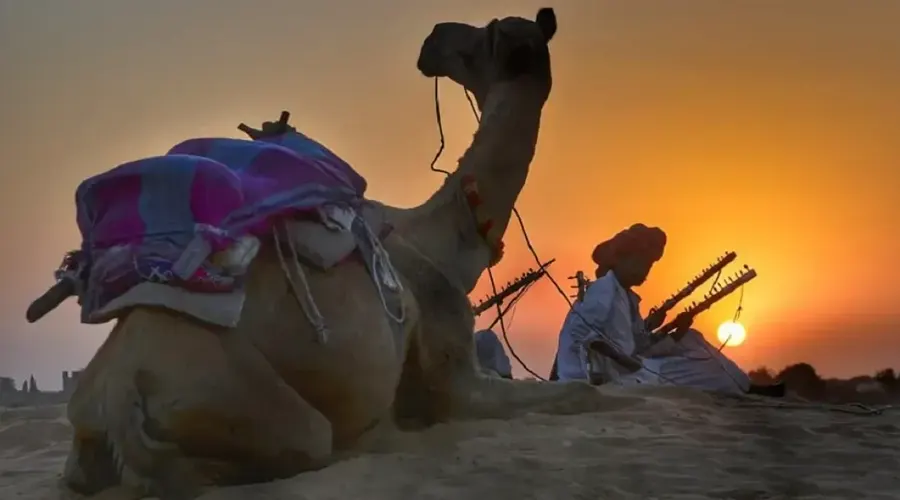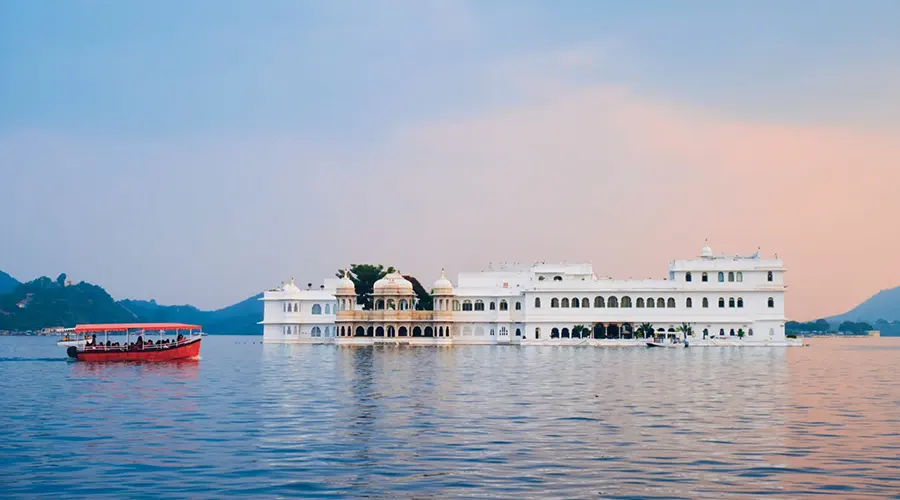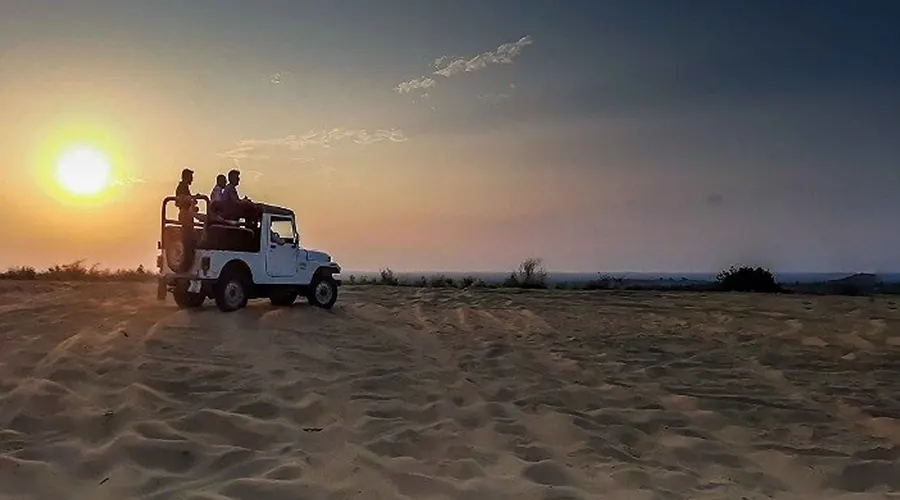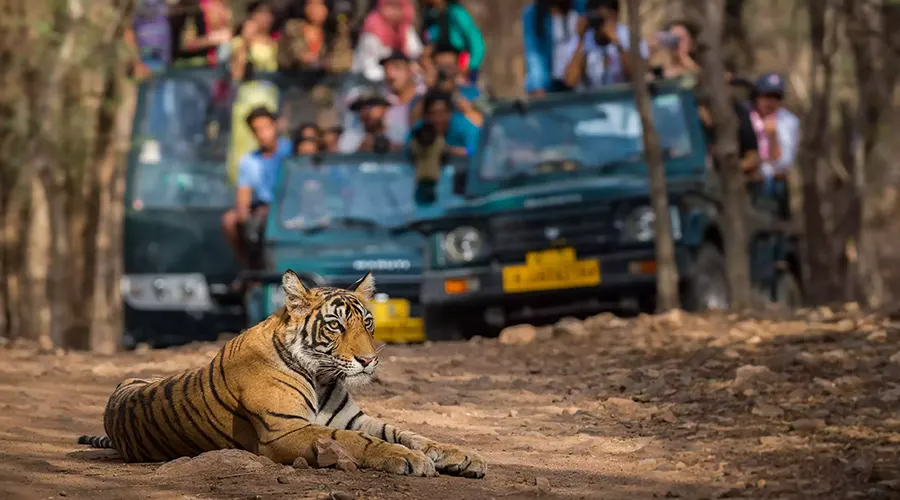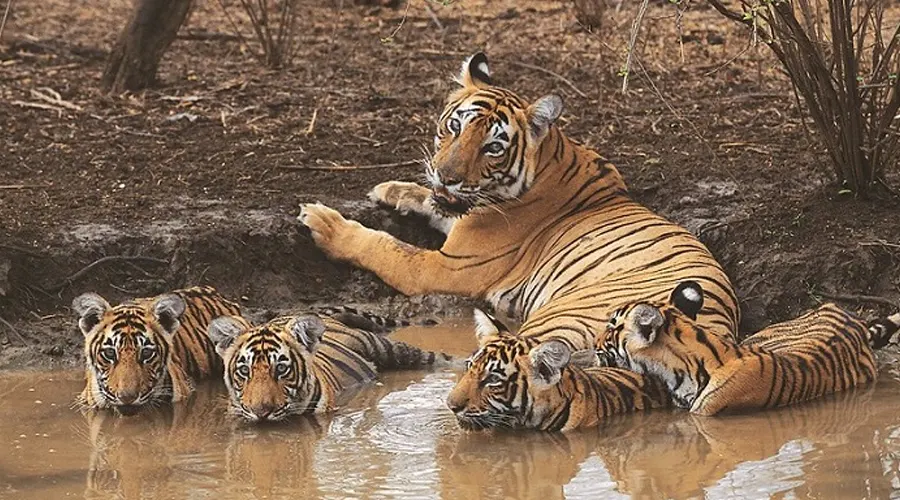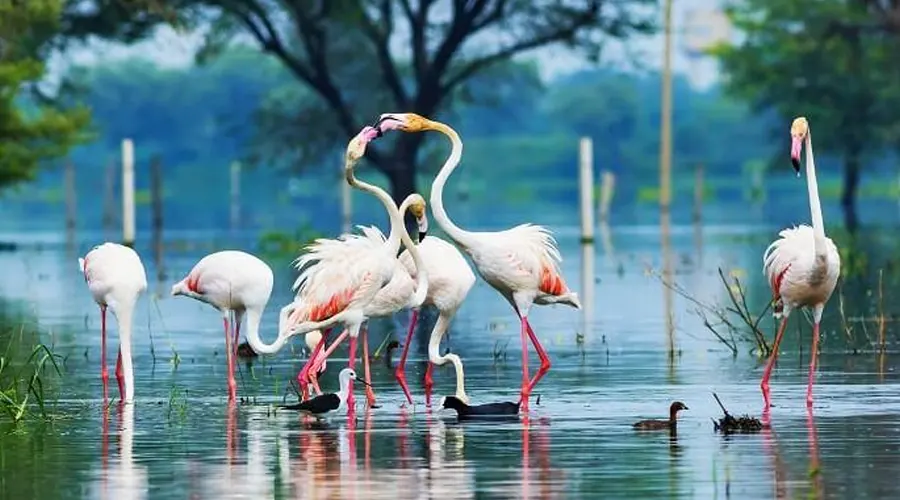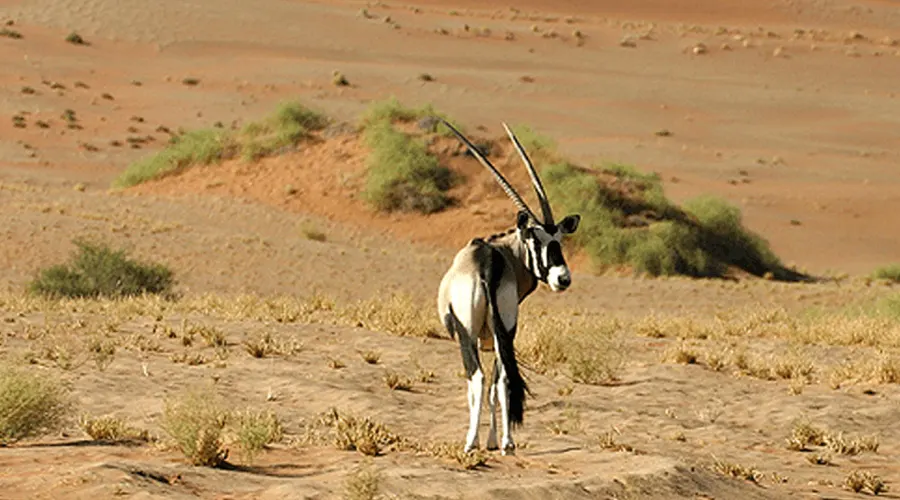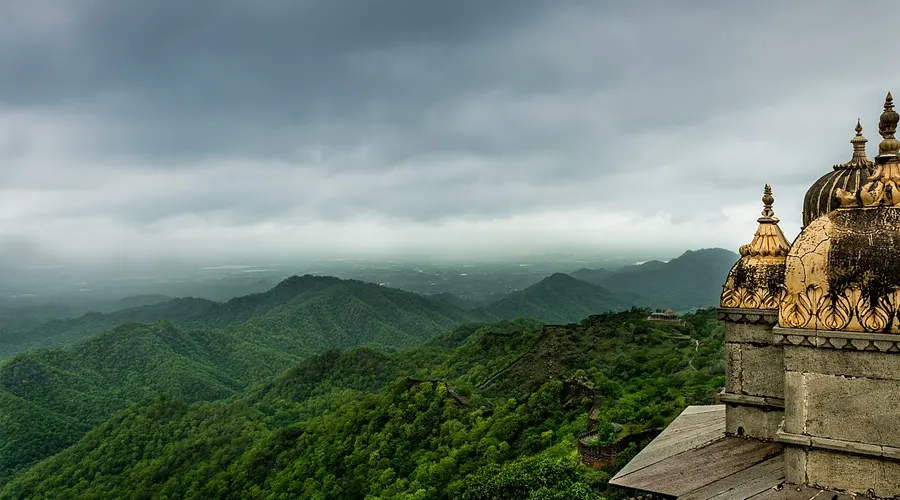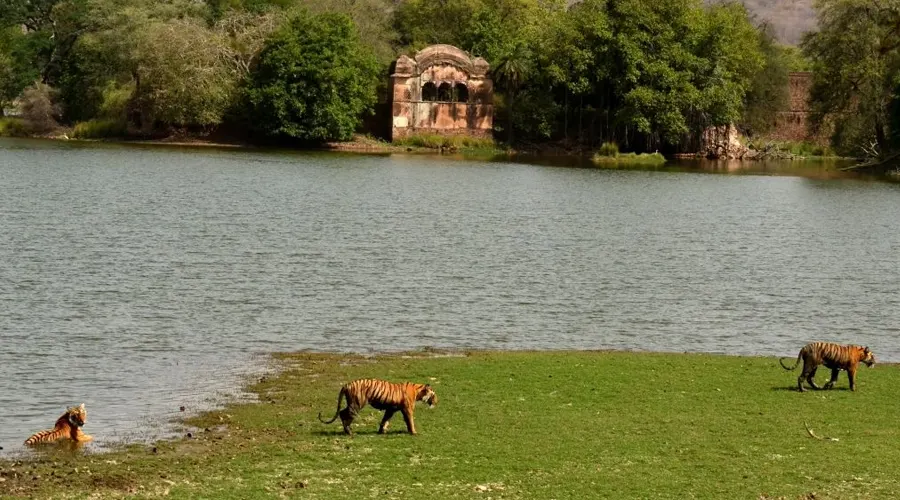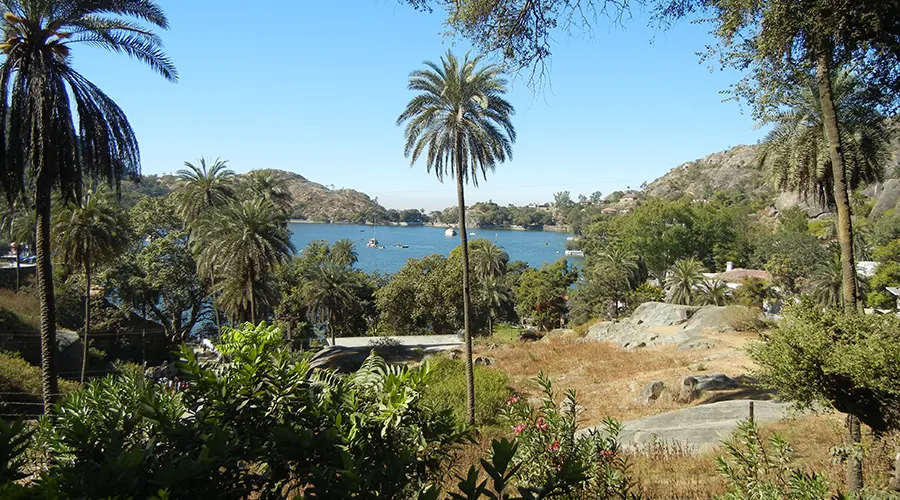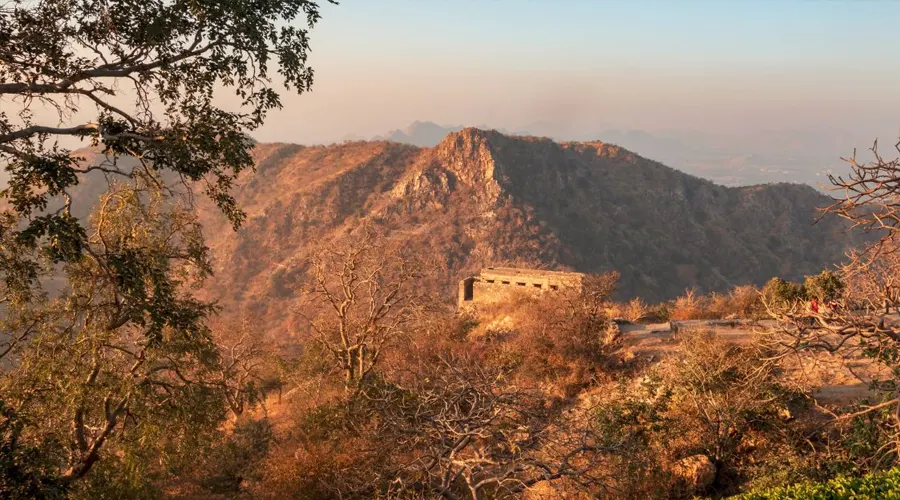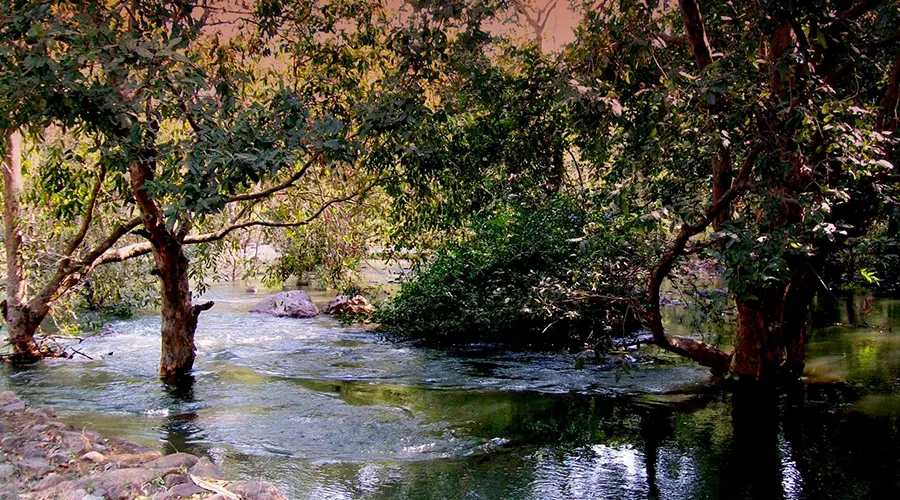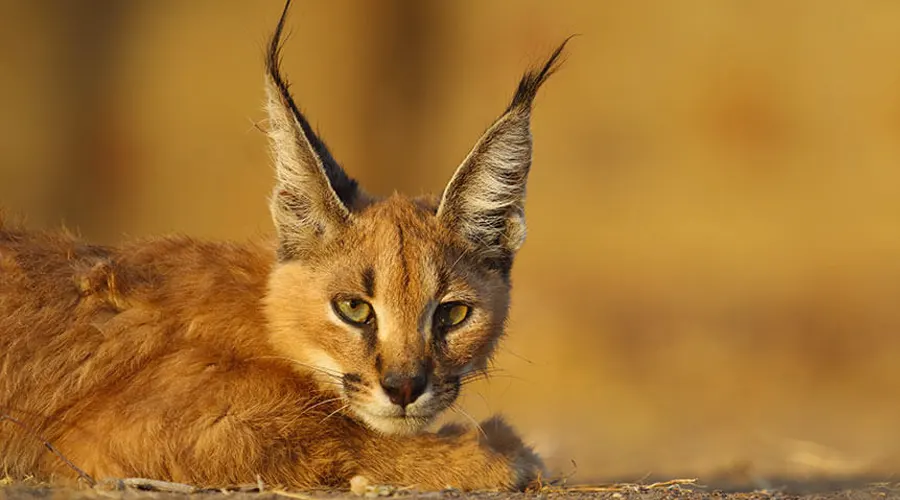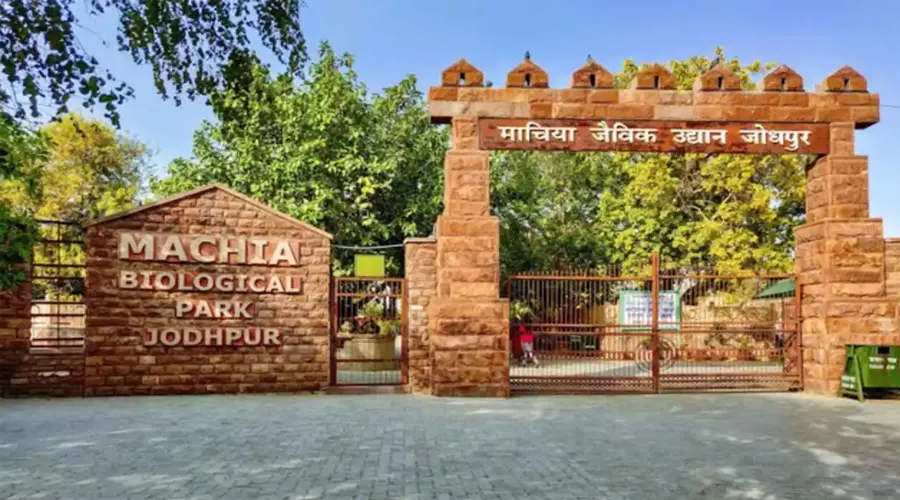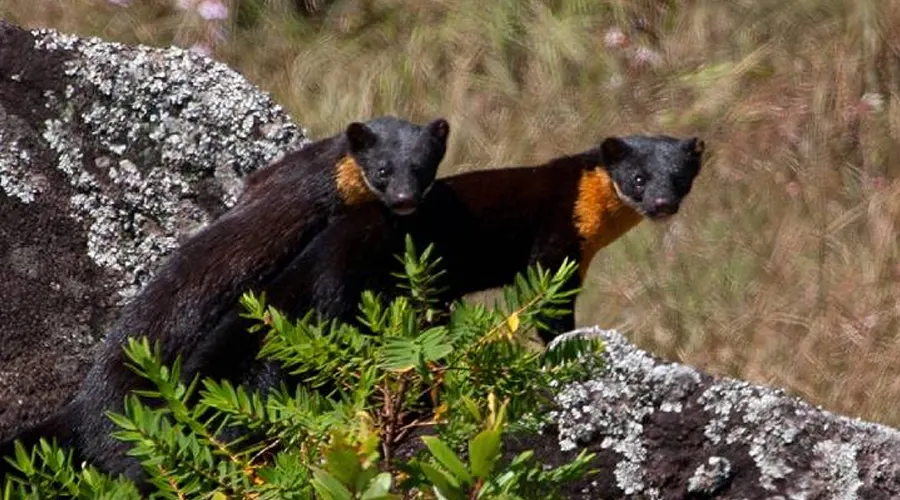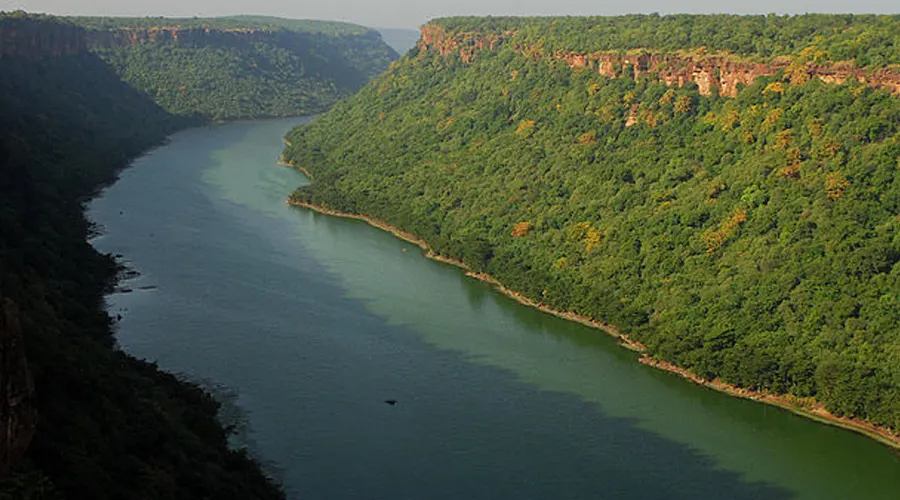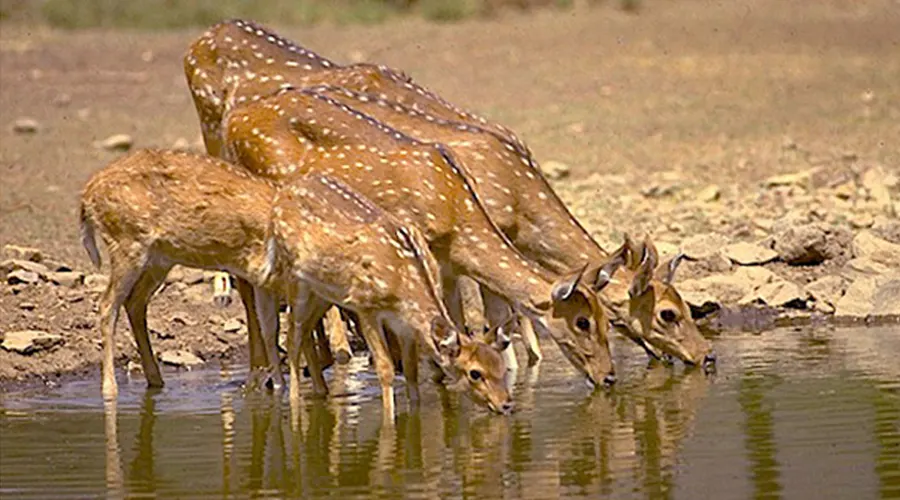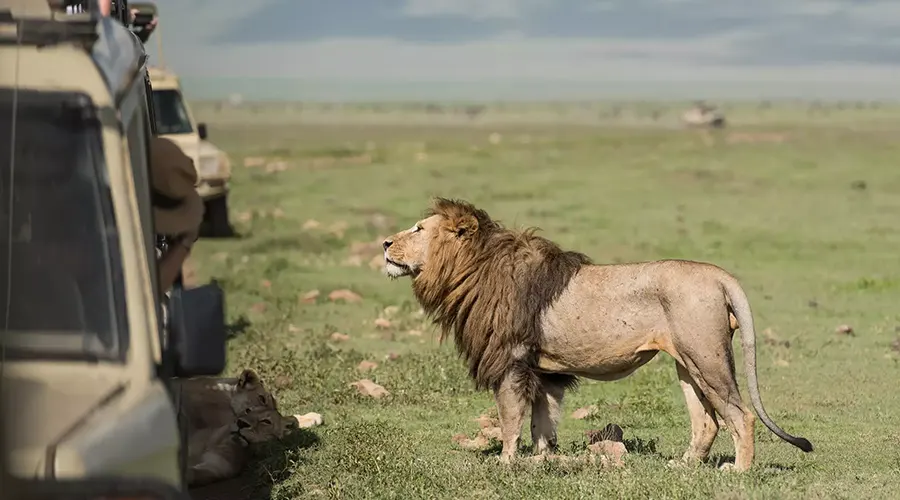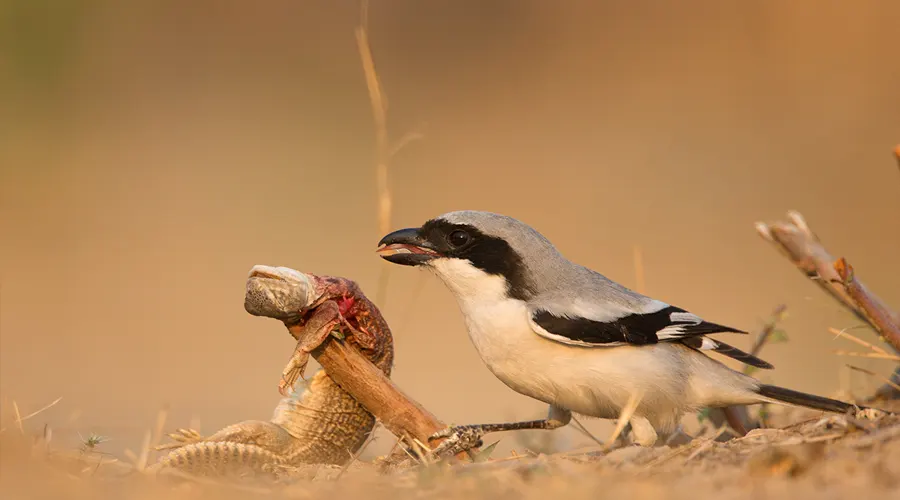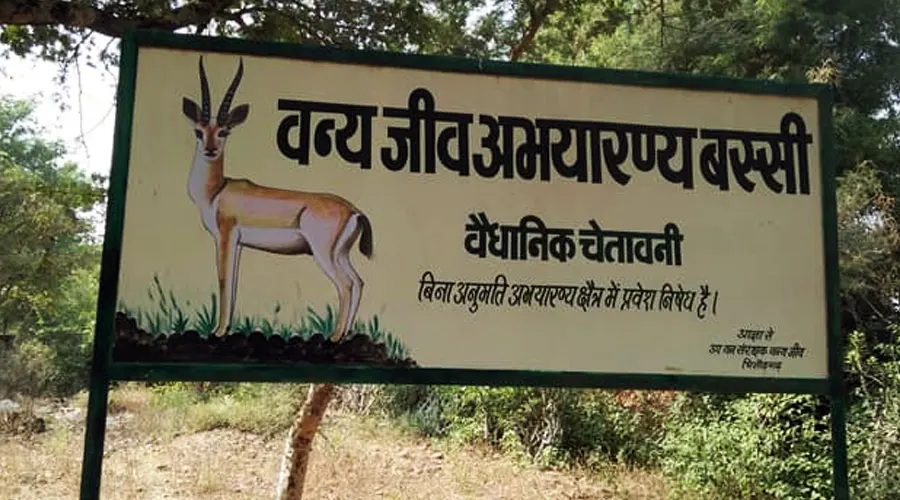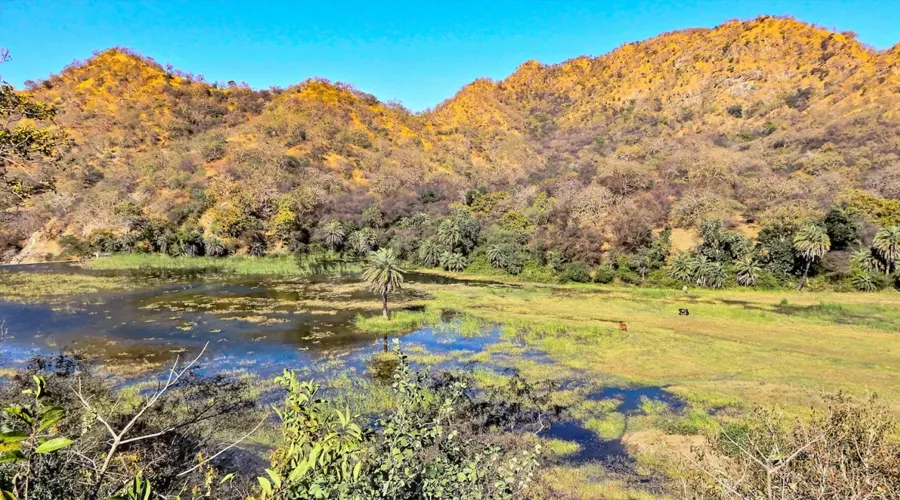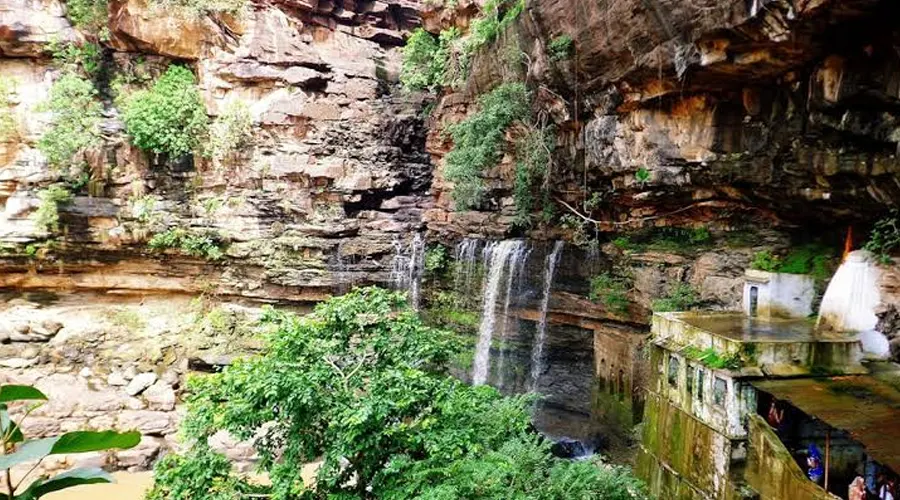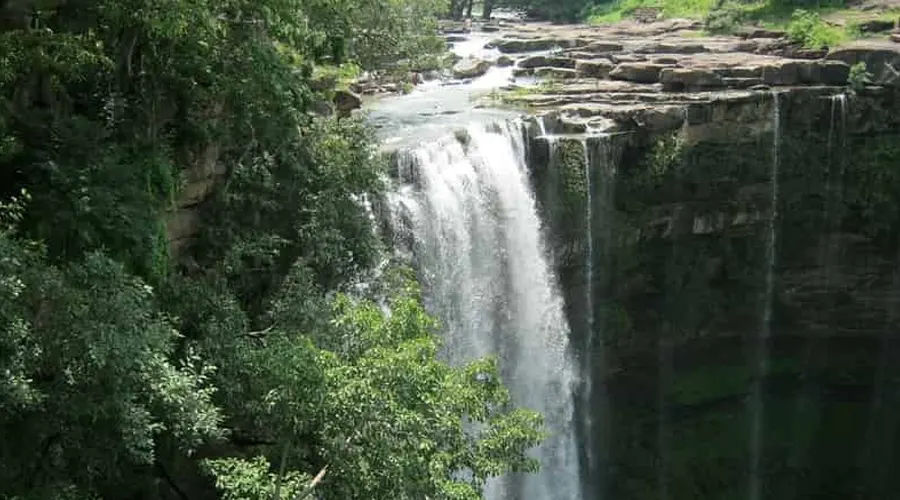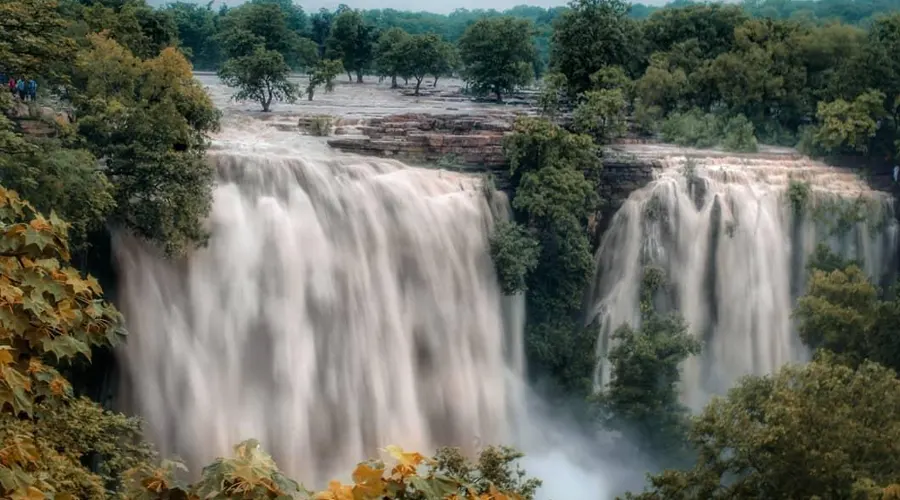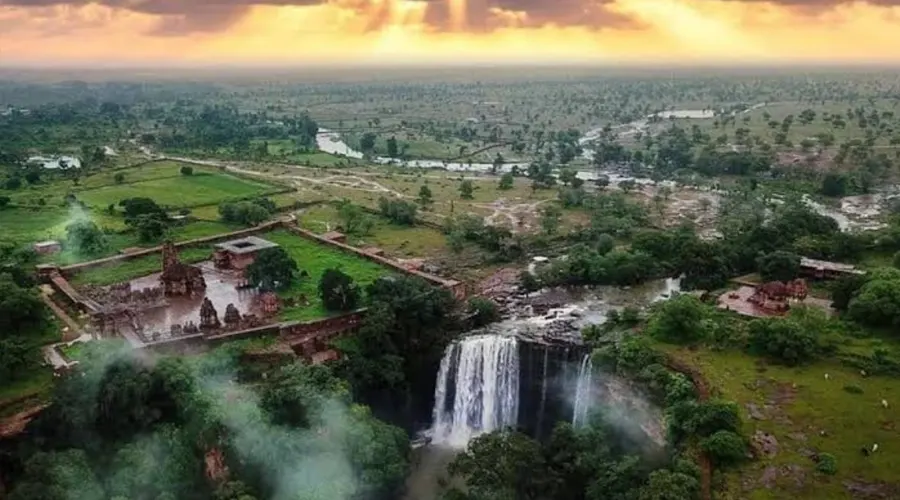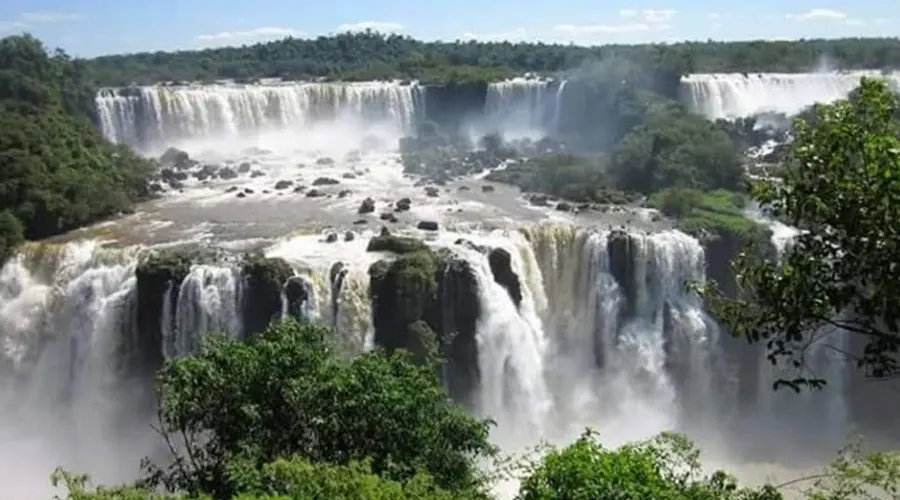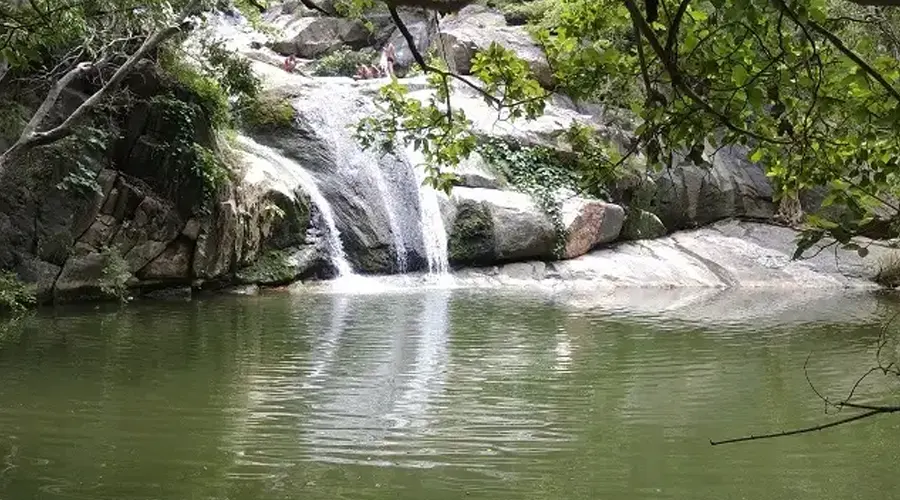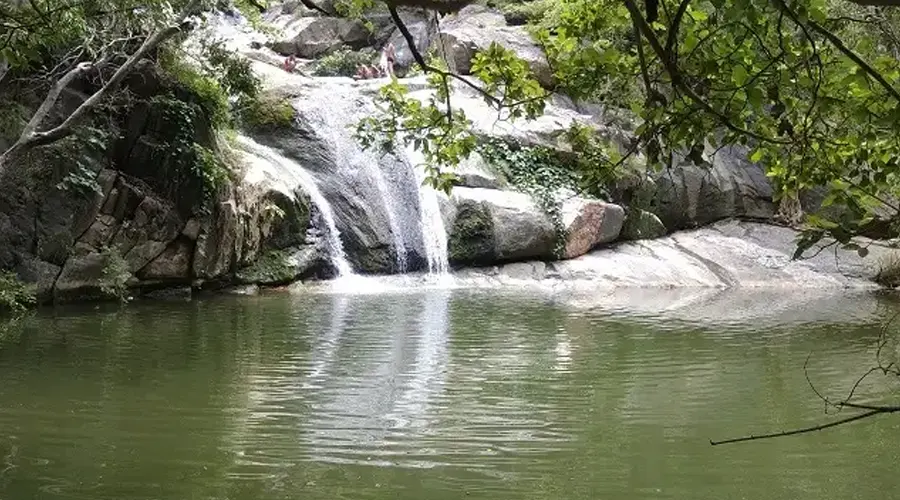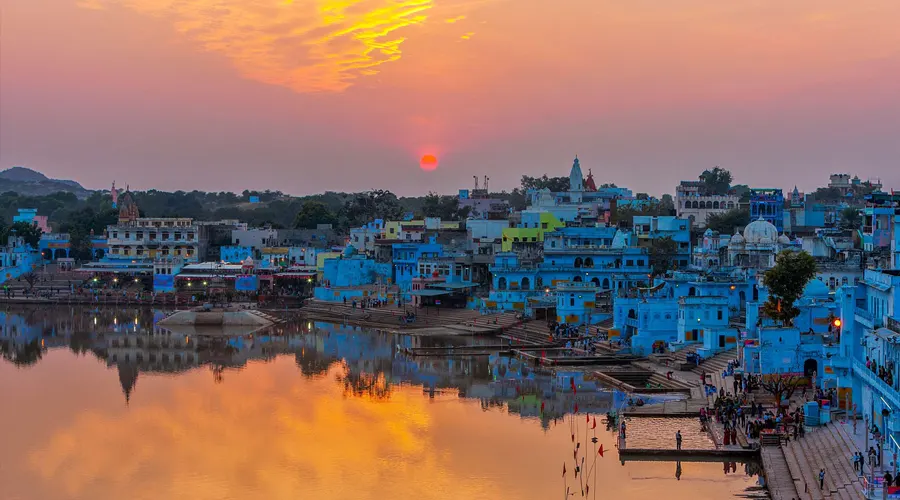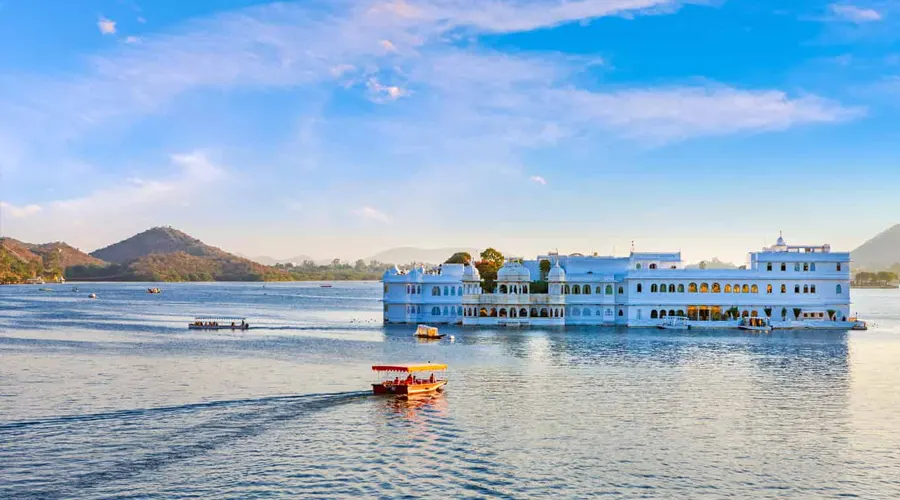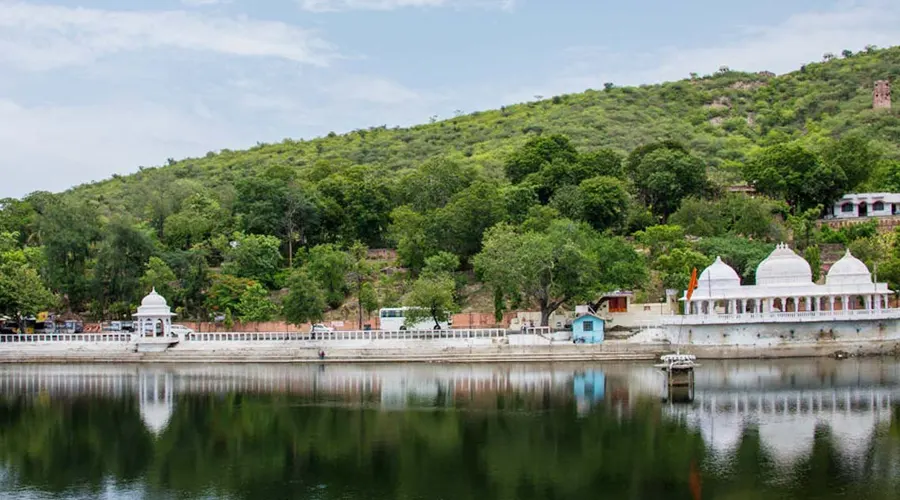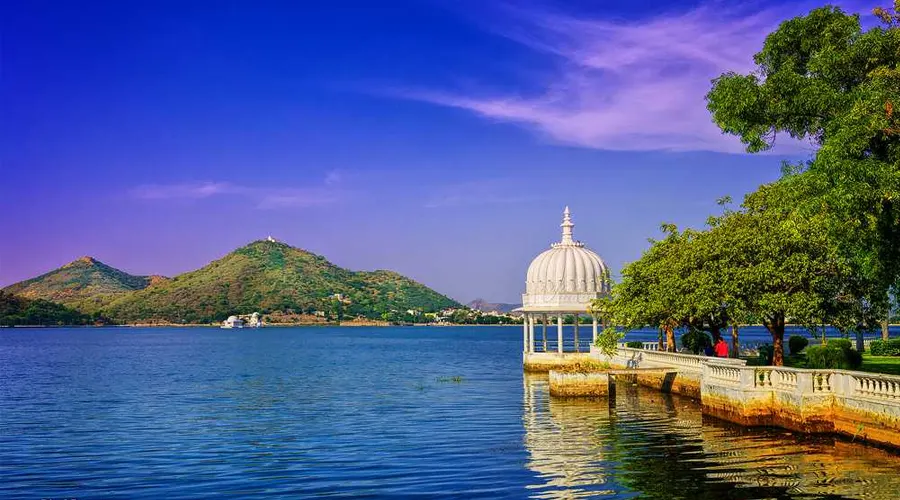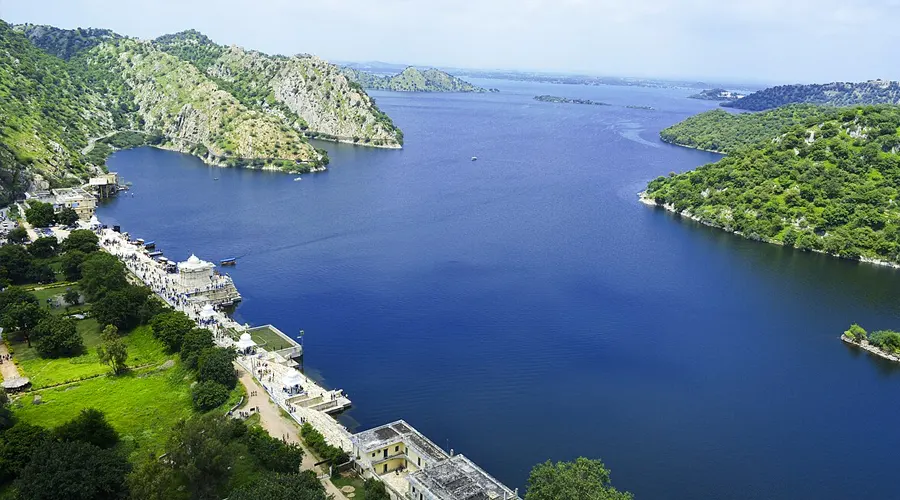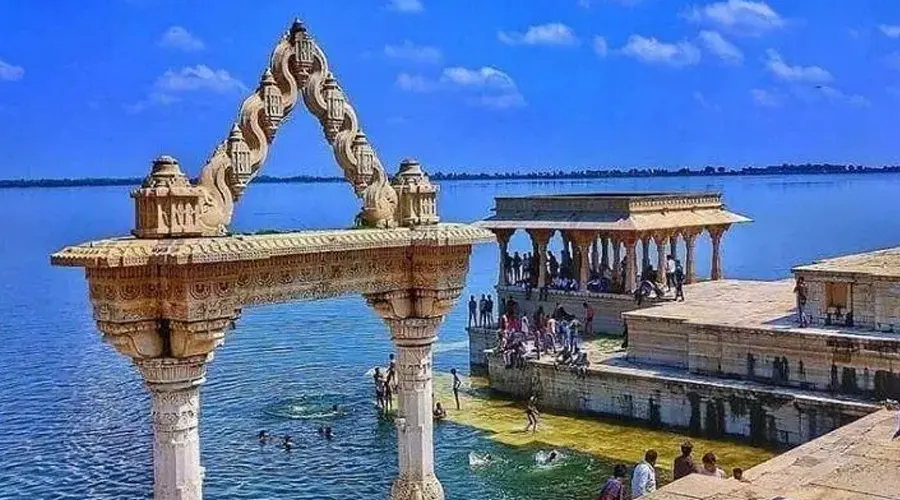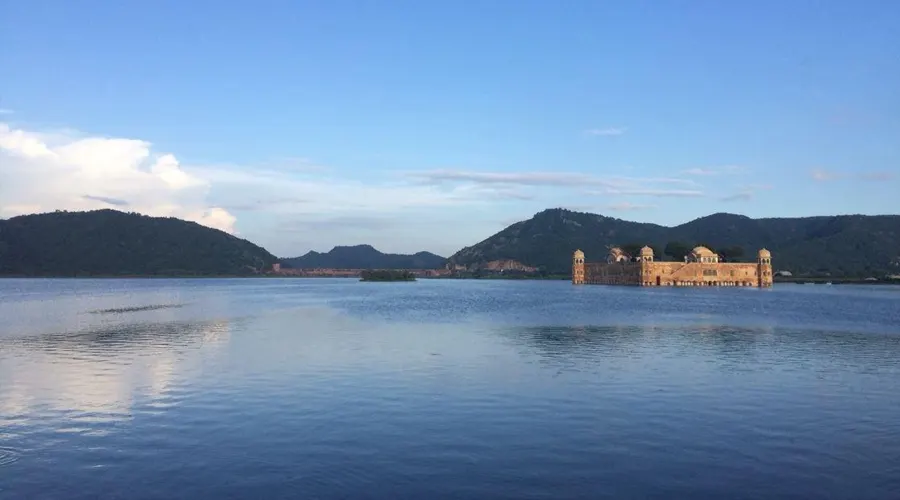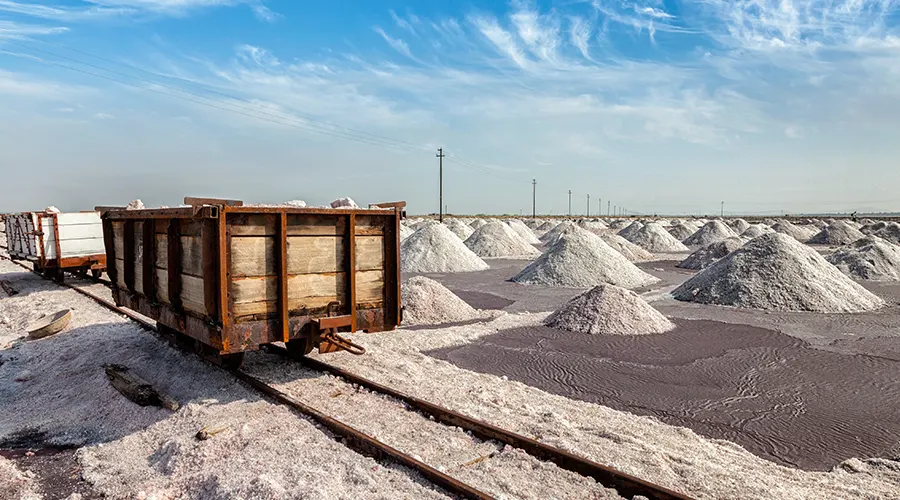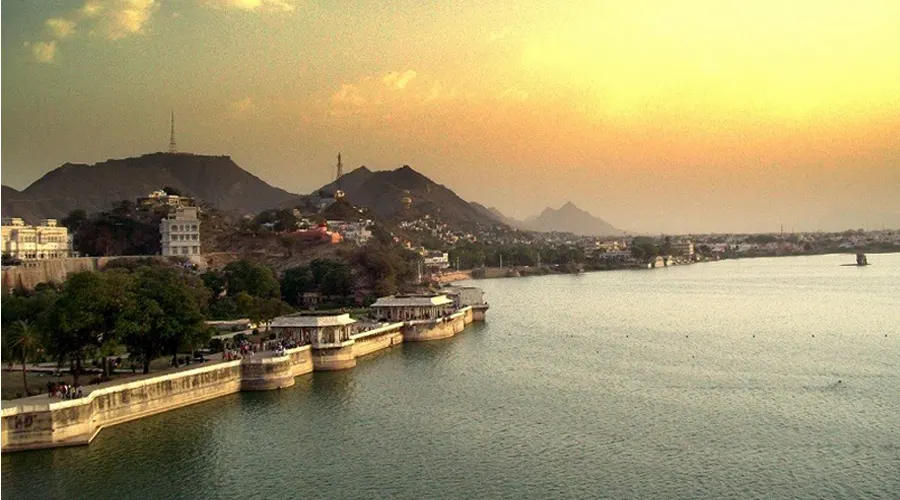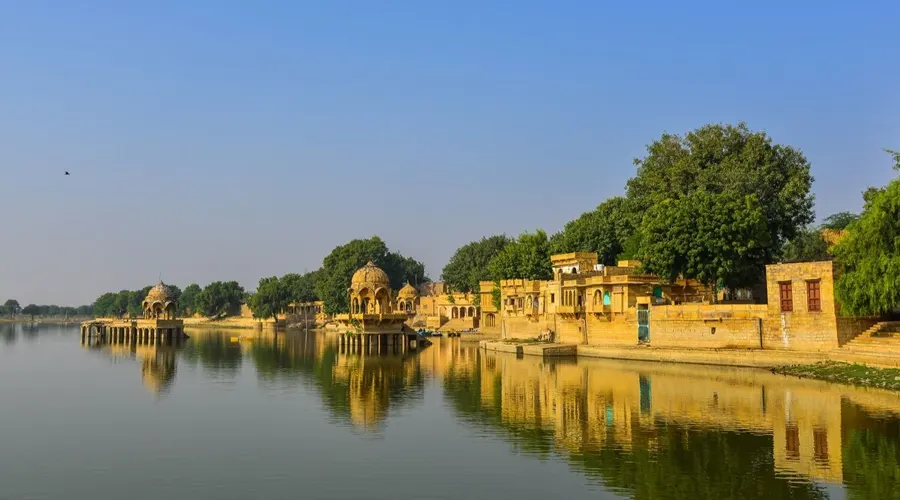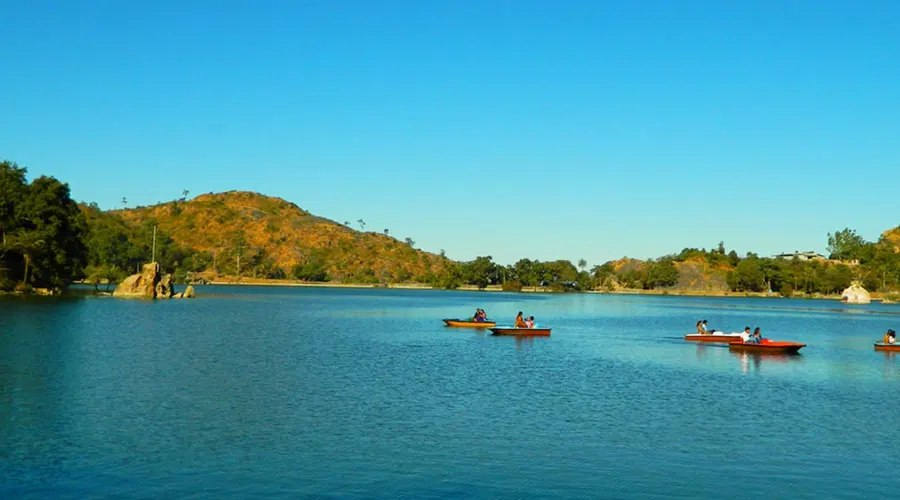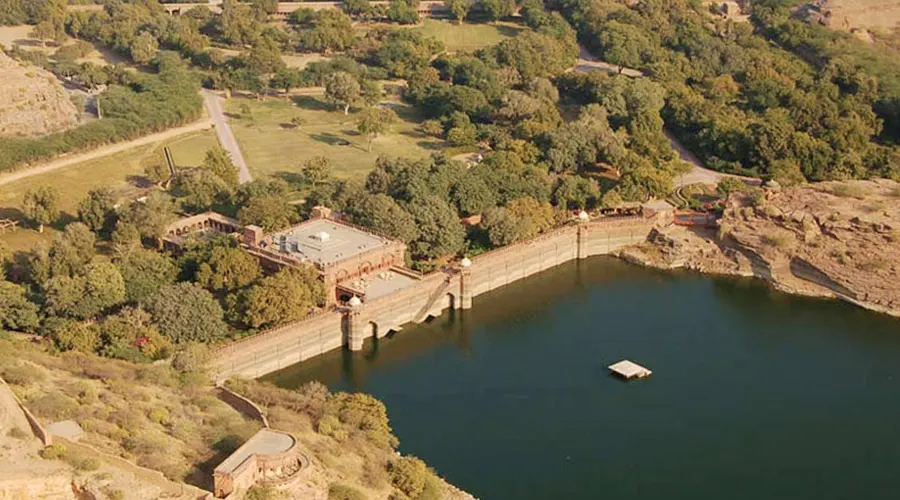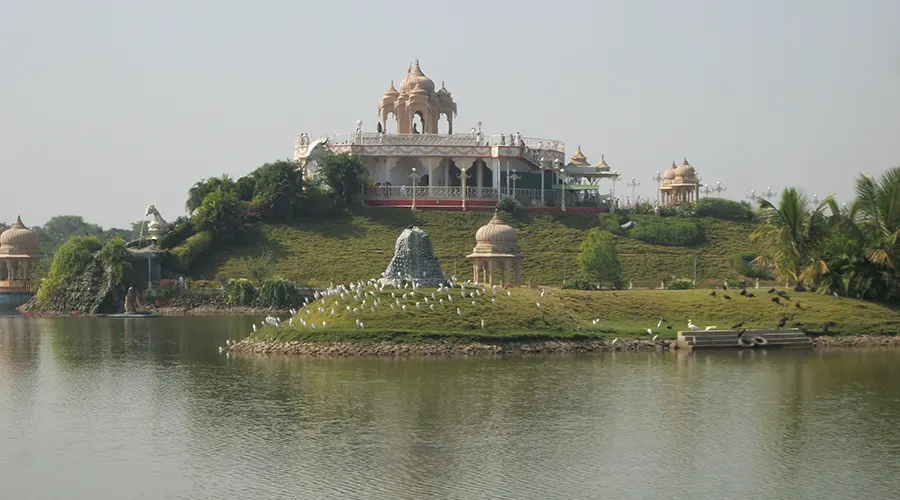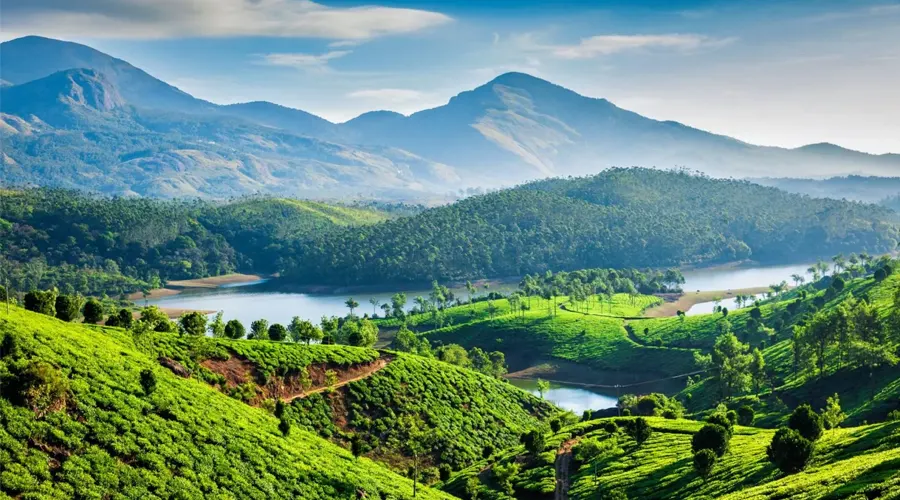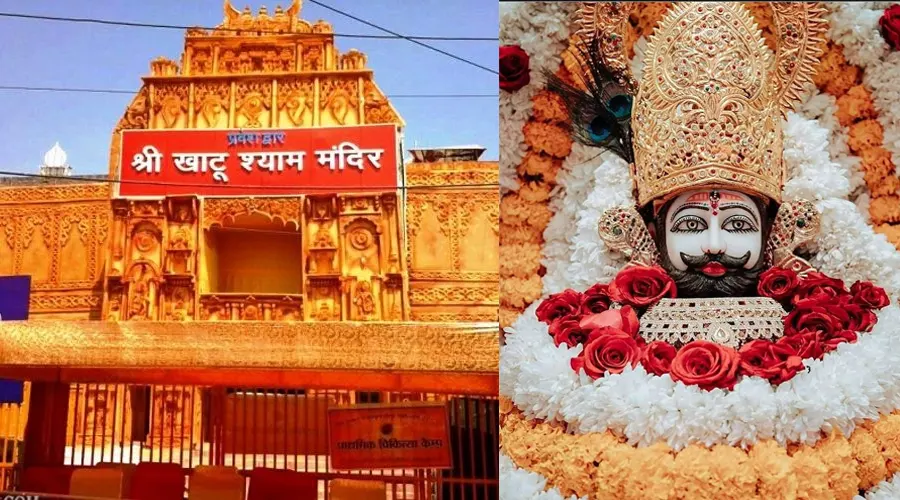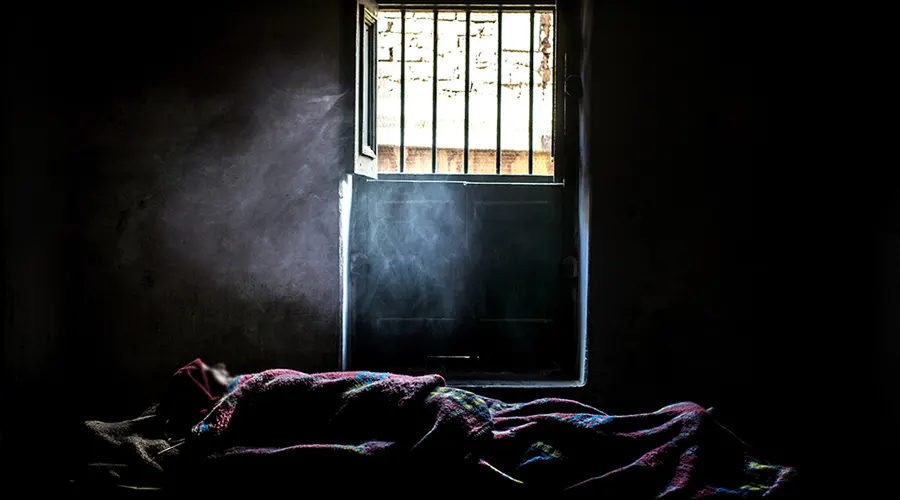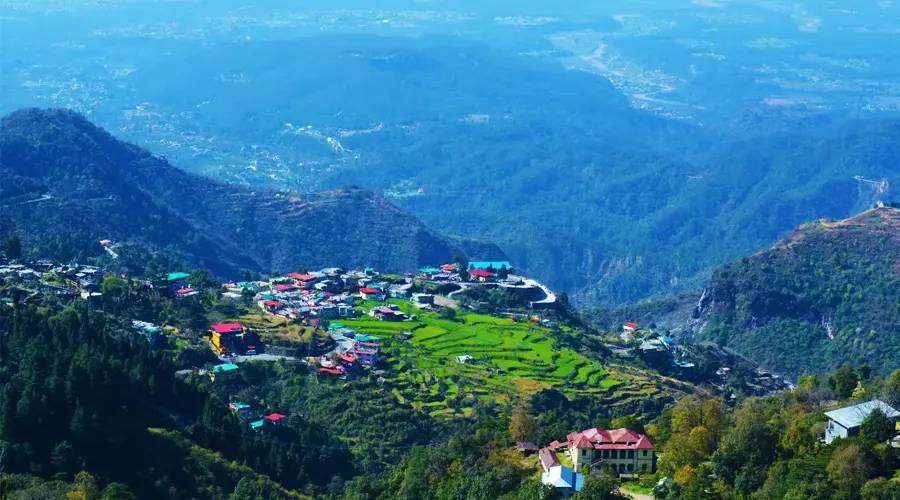Rajasthan Tourism: Discover Royal Charm, Rich Culture, Traditional Cuisine & Colorful Festivals
Rajasthan, the "Land of Kings," is a mesmerizing state in northern India, brimming with history, grandeur, and cultural richness. Its royal legacy is reflected in the magnificent forts, palaces, and havelis scattered across the landscape, with iconic landmarks like the Amber Fort, City Palace, and Mehrangarh Fort standing as testaments to its royal past. The state's vibrant festivals, such as Diwali, Holi, and the Pushkar Camel Fair, bring the streets alive with color, music, and dance, offering a unique cultural experience for visitors.
Beyond its architectural marvels, Rajasthan is a land of stunning natural beauty, from the golden desert dunes of Jaisalmer to the serene lakes of Udaipur. Its diverse landscapes include arid deserts, lush forests, and picturesque hills, making it a dream destination for nature lovers and adventure enthusiasts alike. The warm hospitality of its people, rich traditional cuisine, and unique crafts further add to the allure, ensuring that every traveler leaves with unforgettable memories. Whether you’re exploring the historic cities, embarking on a camel safari, or enjoying the delectable Rajasthani food, the state promises an immersive experience like no other.
History of Rajasthan: A Glimpse into Royal Heritage
Rajasthan, the "Land of Kings," is a land steeped in rich history, dating back thousands of years. It was once home to several princely states ruled by powerful Rajput kings, whose tales of valor and bravery are legendary. These kings built awe-inspiring fortresses and palaces to assert their dominance and protect their territories. Rajasthan’s royal legacy is deeply embedded in the architectural masterpieces that dot the state, with each monument telling its own story of triumph and struggle.
The historical journey of Rajasthan includes the influence of various dynasties, from the Rajputs and Mughals to the British, each contributing to the culture and heritage of the region. The state's rich heritage is visible in its grand forts, intricately designed palaces, temples, and havelis, all of which are architectural marvels that have withstood the test of time. Rajasthan’s history is a testament to the resilience of its people and the splendor of its rulers.
Architecture of Rajasthan: A Royal Legacy
Rajasthan’s architecture is a stunning blend of Rajput, Mughal, and Islamic styles, showcasing the region’s opulence, military might, and spiritual traditions. The state is famous for its towering forts, majestic palaces, intricately carved temples, and vibrant havelis, which reflect the grandeur of Rajasthan’s royal past.
Rajput Architecture:
The Rajput architectural style is characterized by its massive fortifications, courtyards, palatial interiors, and defensive features such as high walls and strategically positioned gates. Rajput palaces were designed not only for beauty but also for security, with features like narrow passageways, secret rooms, and defensive walls that could withstand invaders. This unique blend of elegance and practicality is visible in the iconic Amber Fort, Mehrangarh Fort, and Udaipur's City Palace.
Mughal Influence:
Rajasthan’s architecture also bears the influence of Mughal design, particularly in the ornate gardens, the use of red sandstone, and the intricate carvings seen in palaces and forts. The Amber Fort, with its stunning Sheesh Mahal (Mirror Palace), is a perfect example of the Mughal influence. The Mughal architectural style in Rajasthan is further reflected in decorative motifs, marble inlays, and symmetrical gardens that evoke the splendor of Mughal aesthetics.
Islamic Architecture:
Rajasthan also showcases Islamic architecture, especially in the domed structures, arches, and delicate geometric patterns seen in several buildings. The unique blend of Rajput, Mughal, and Islamic architectural elements gives Rajasthan its distinctive style, setting it apart as a cultural melting pot.
Iconic Forts and Palaces of Rajasthan
Amber Fort, Jaipur:
Situated on a hilltop, Amber Fort in Jaipur is one of the most iconic examples of Rajput architecture. Its fusion of Hindu and Mughal styles is reflected in its courtyards, palaces, and temples. The fort’s beautiful design, including the Sheesh Mahal, with its intricate mirror work, makes it a must-see.
Mehrangarh Fort, Jodhpur:
Mehrangarh Fort is one of the largest forts in India, offering a sweeping view of Jodhpur’s blue-painted houses. The fort’s architecture includes beautiful decorative walls, arches, and expansive courtyards that give a glimpse into the grandeur of Rajput rule.
City Palace, Udaipur:
The City Palace of Udaipur is a beautiful blend of Rajasthani and Mughal architectural styles, offering a glimpse into the royal life of the Mewar dynasty. Its stunning courtyards, gardens, and the impressive Lake Palace make Udaipur a romantic and historical destination.
Jaisalmer Fort, Jaisalmer:
Jaisalmer Fort, also known as the Golden Fort, is a living fort that remains a bustling hub of activity. Made of yellow sandstone, the fort gives off a golden hue at sunset. It’s a UNESCO World Heritage Site and offers a unique experience with its narrow lanes, havelis, temples, and shops within the fort.
Temples and Spiritual Architecture
Rajasthan is also home to some of the most beautifully crafted temples that reflect its spiritual heritage. The Dilwara Temples in Mount Abu, with their exquisite marble carvings, and the Ranakpur Jain Temple, known for its 1,444 intricately carved marble pillars, showcase the state’s rich religious and architectural diversity. These temples are not just places of worship but are masterpieces of Indian architecture that attract visitors from around the world.
Top Tourist Attractions You Must Visit in Rajasthan
- Jaipur – The Pink City: Explore the historic Amber Fort, marvel at the intricate façade of Hawa Mahal, and shop in the bustling bazaars of the old city.
- Udaipur – The City of Lakes: Visit the grand City Palace, enjoy a boat ride on Lake Pichola, and relax in the serene ambiance of this romantic city.
- Jodhpur – The Blue City: Explore the majestic Mehrangarh Fort, wander through the iconic blue-washed lanes, and immerse yourself in the lively charm of bustling local bazaars.
- Jaisalmer – The Golden City: Wander through the living fort of Jaisalmer, admire the intricate havelis, and embark on a camel safari into the Thar Desert.
- Pushkar: Attend the world-famous Pushkar Camel Fair, visit the sacred Brahma Temple, and experience the spiritual atmosphere of this holy town.
- Bikaner: Explore the well-preserved Junagarh Fort, savor the local cuisine, and visit the unique Karni Mata Temple, known for its resident rats.
Cultural Heritage and Colorful Festivals of Rajasthan
Rajasthan's rich cultural tapestry is woven with colorful festivals and age-old traditions:
- Desert Festival (Jaisalmer): A celebration of Rajasthani folk culture with music, dance, and camel races.
- Teej Festival (Jaipur): Dedicated to the goddess Parvati, featuring processions, traditional songs, and dances.
- Gangaur Festival: Celebrated by women across Rajasthan, honoring the goddess Gauri with rituals and festivities.
- Pushkar Camel Fair: A colorful spectacle blending traditional livestock trading with cultural shows, folk music, dance, and unique competitions in a festive atmosphere.
- Mewar Festival (Udaipur): Marks the arrival of spring with cultural events and a procession of decorated idols.
Authentic Cuisine of Rajasthan: A Royal Culinary Journey
- Dal Baati Churma: A signature dish comprising lentils, baked wheat balls, and sweet crushed wheat.
- Gatte ki Sabzi: Soft gram flour (besan) dumplings simmered in a tangy and spicy yogurt-based curry, a staple dish in traditional Rajasthani cuisine.
- Laal Maas: A fiery mutton curry made with red chilies and traditional spices.
- Ker Sangri: A unique desert vegetable dish made from dried berries and beans.
- Mohan Maas: A luxurious Rajasthani meat curry, slow-cooked in a rich blend of milk, cream, and aromatic spices, traditionally served at royal feasts.
- Ghevar: A disc-shaped sweet cake, soaked in sugar syrup, popular during festivals.
Best Time to Visit Rajasthan for an Unforgettable Experience
Travel Tips
- Transportation: Rajasthan is well-connected by road, rail, and air. Hiring a private car or joining guided tours can enhance your travel experience.
- Accommodation: Rajasthan caters to all kinds of travelers with its diverse stay options, ranging from opulent heritage palaces and boutique hotels to affordable guesthouses and homestays.
- Local Etiquette: Dress conservatively, particularly at religious places, and always show respect for local customs, traditions, and cultural practices.
- Shopping: Don't miss out on local handicrafts like block-printed textiles, jewelry, pottery, and leather goods.
Conclusion

